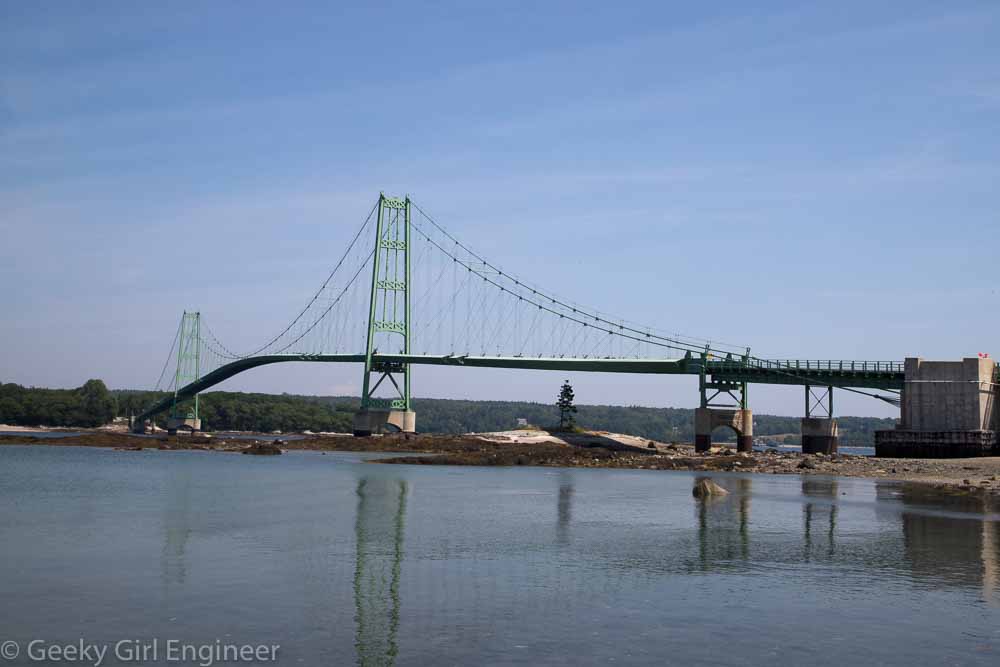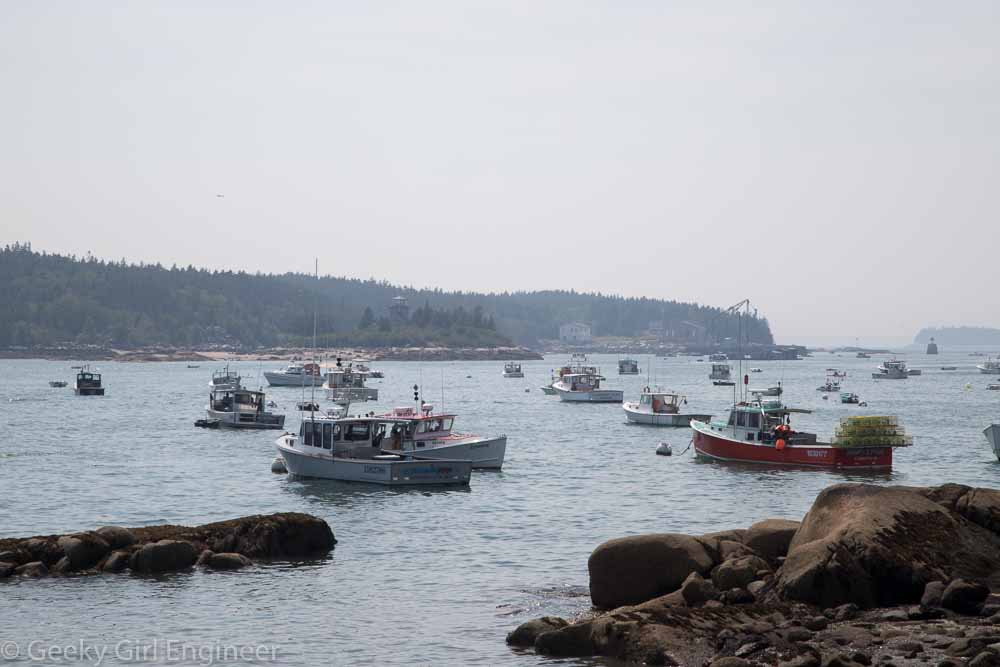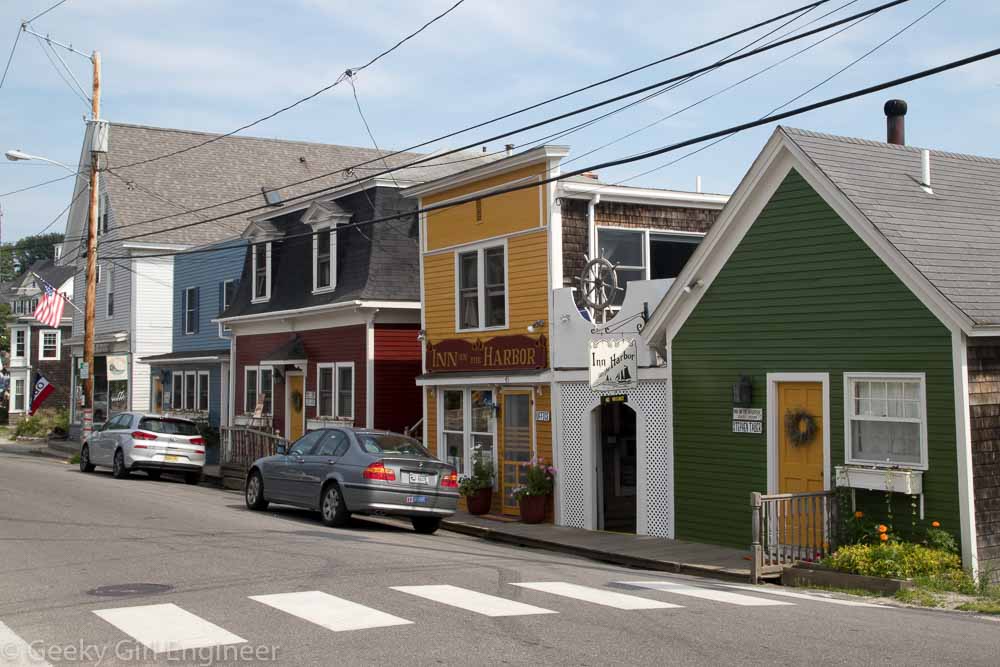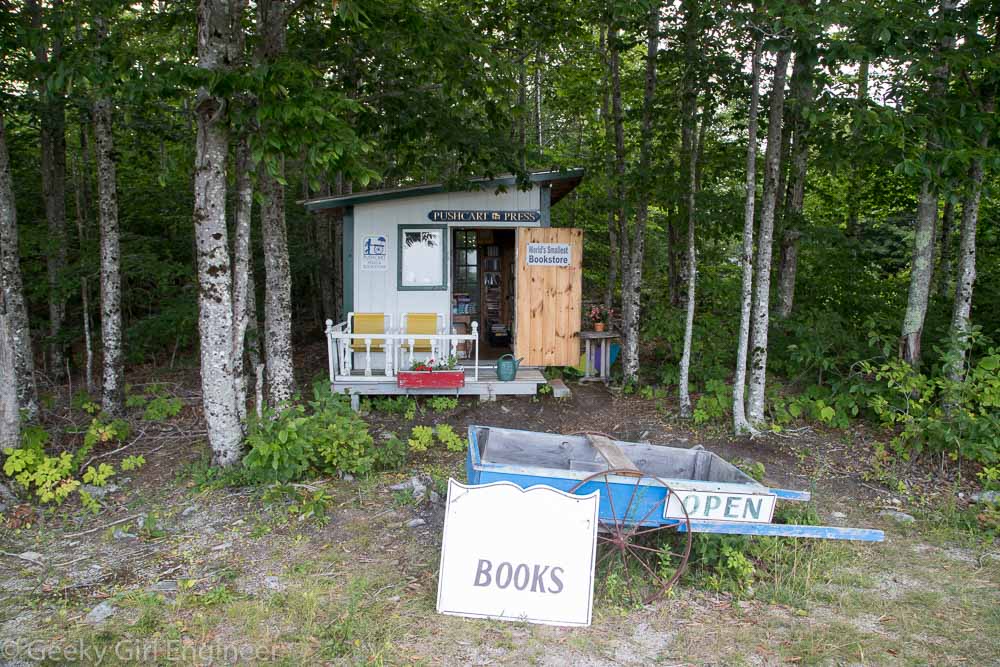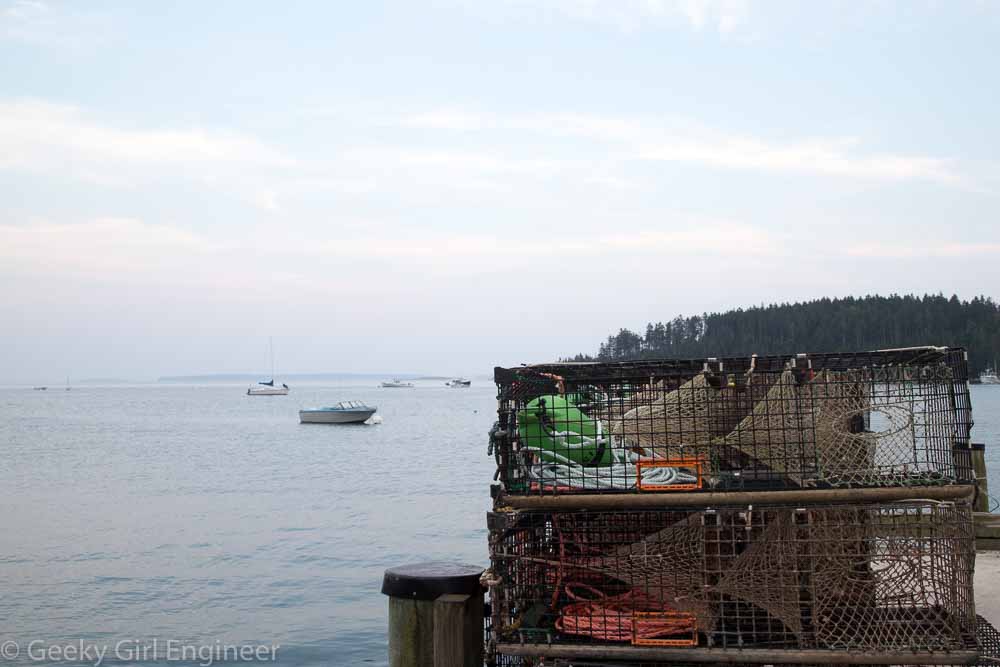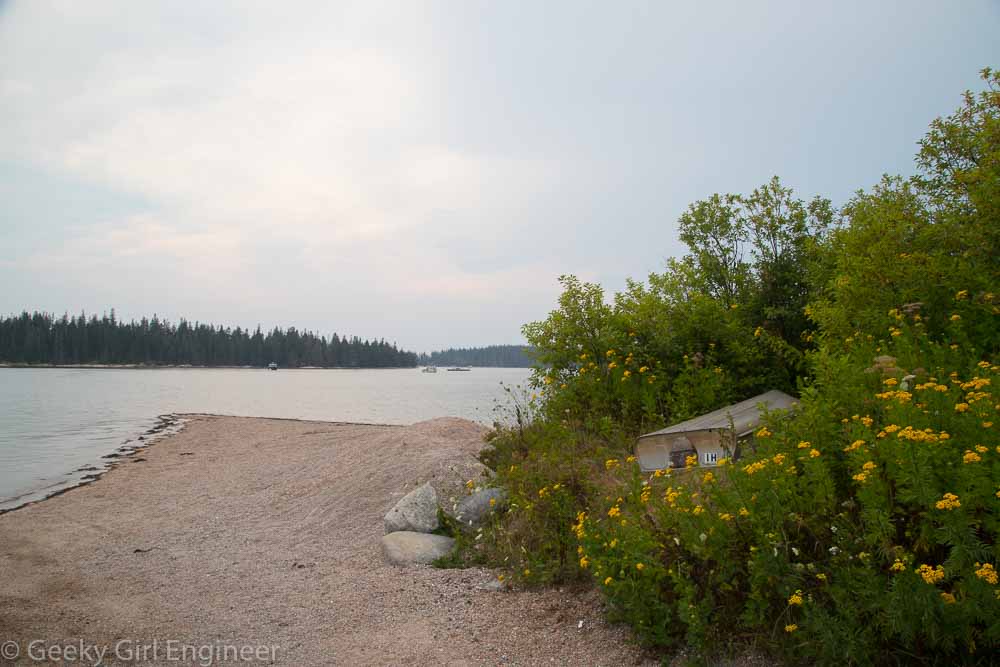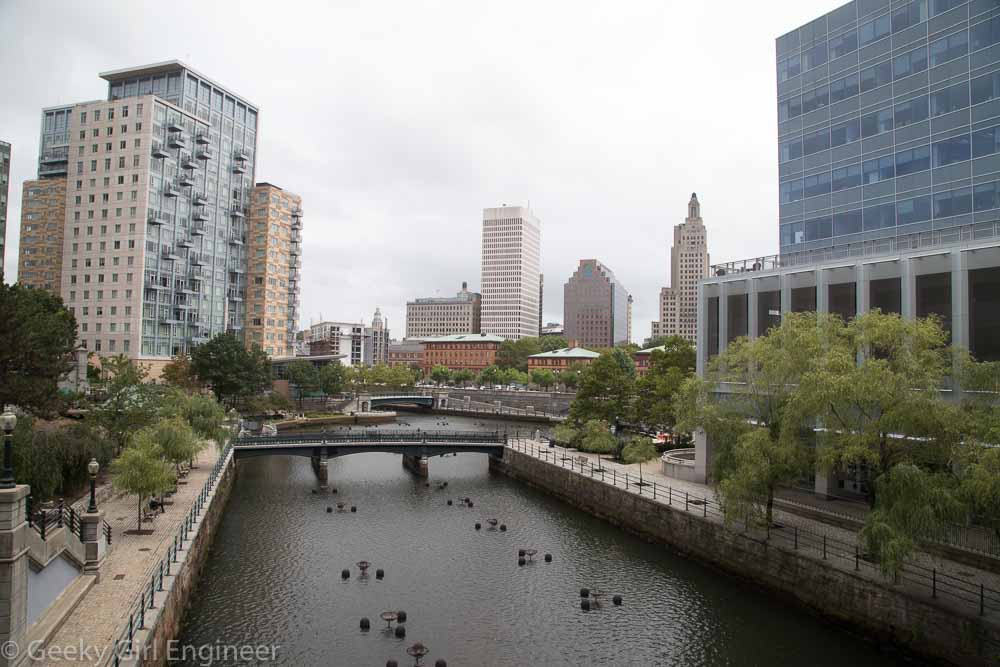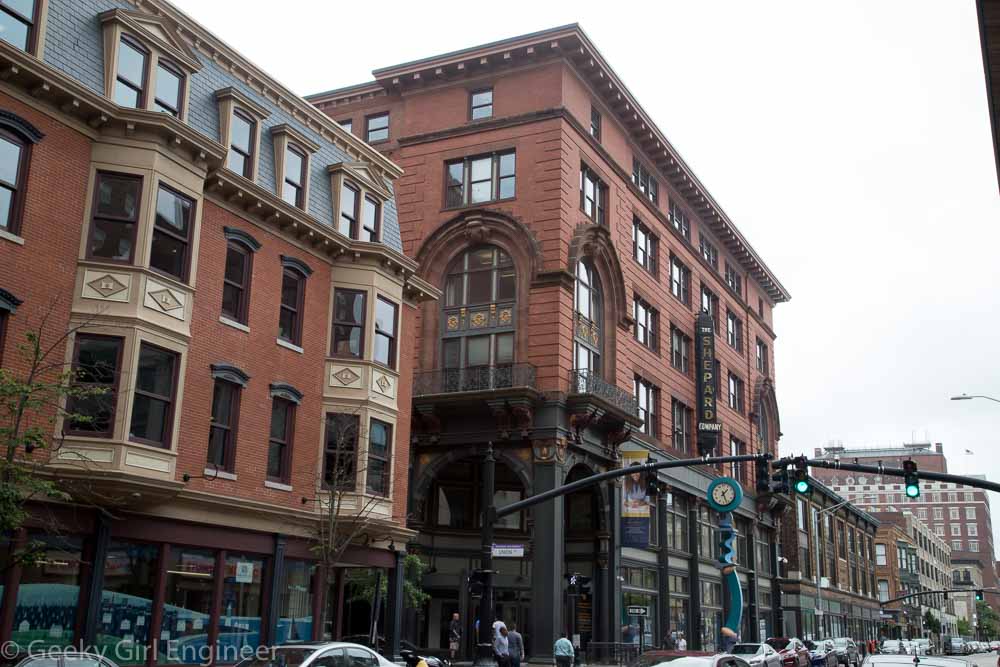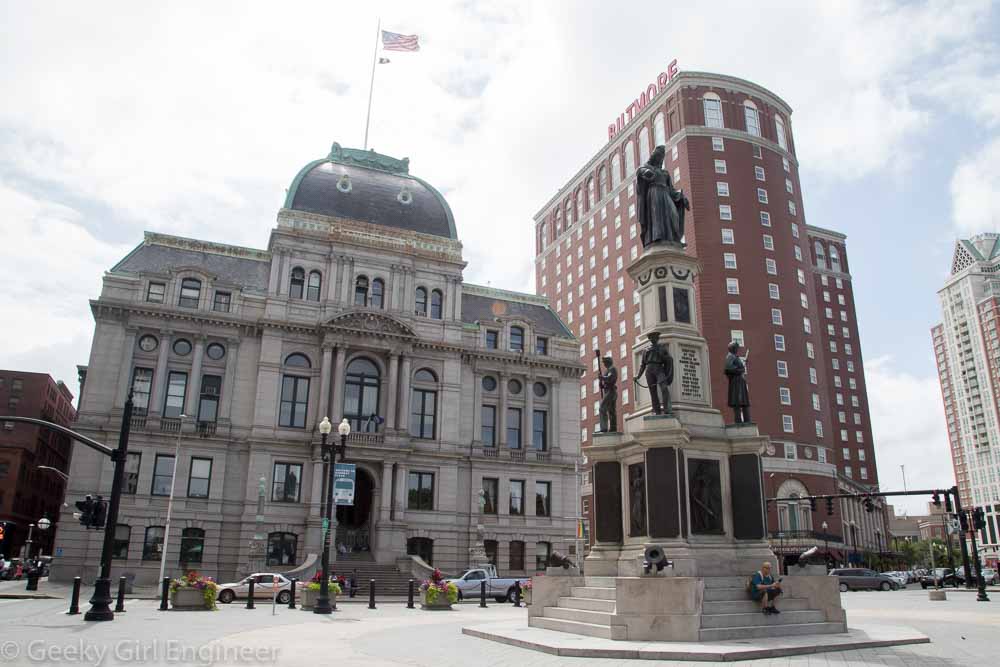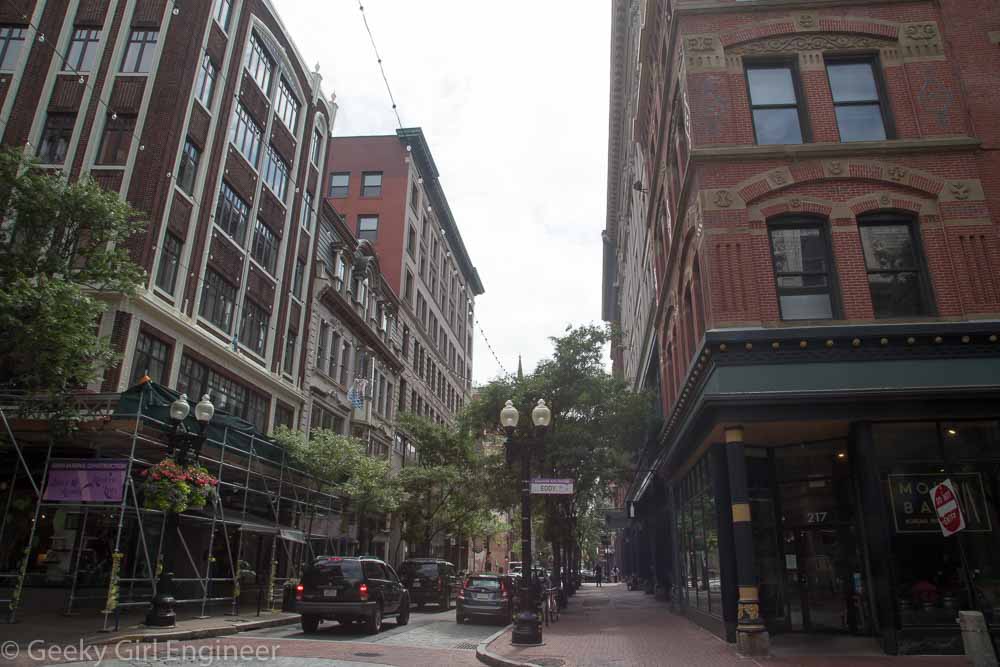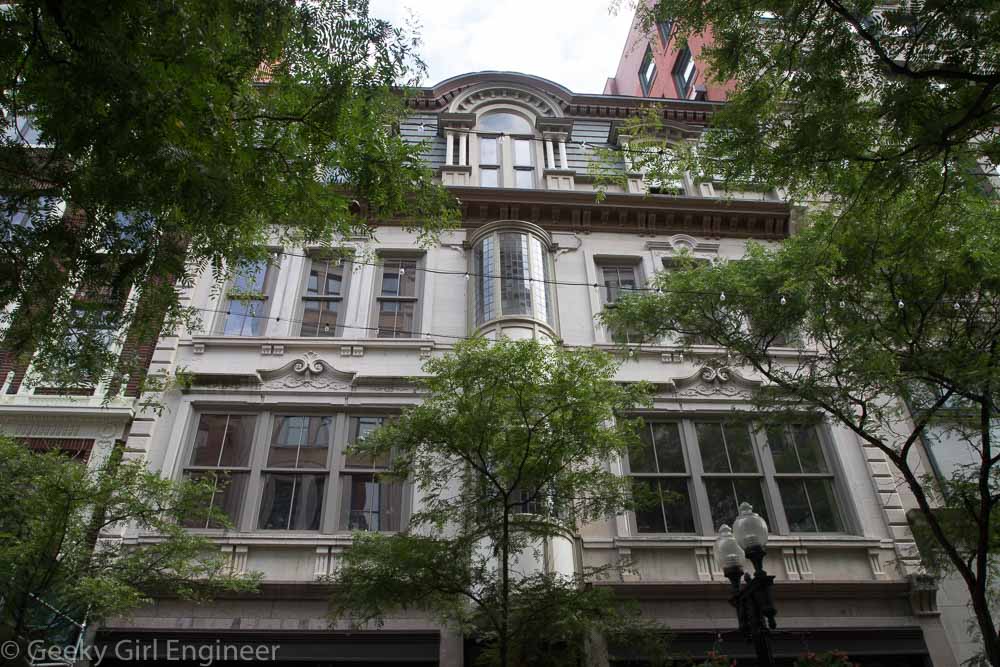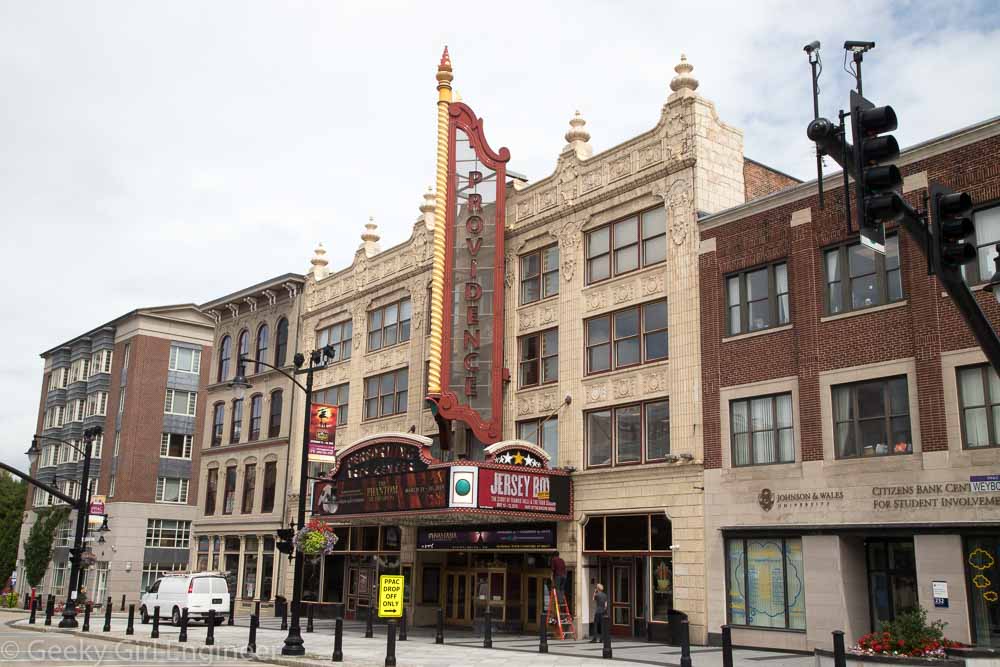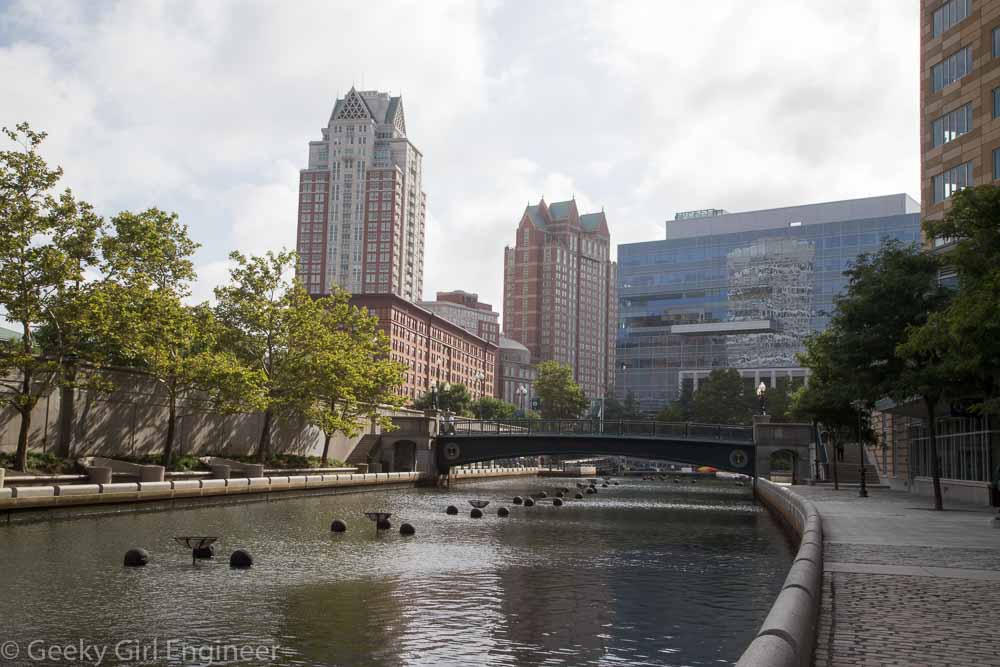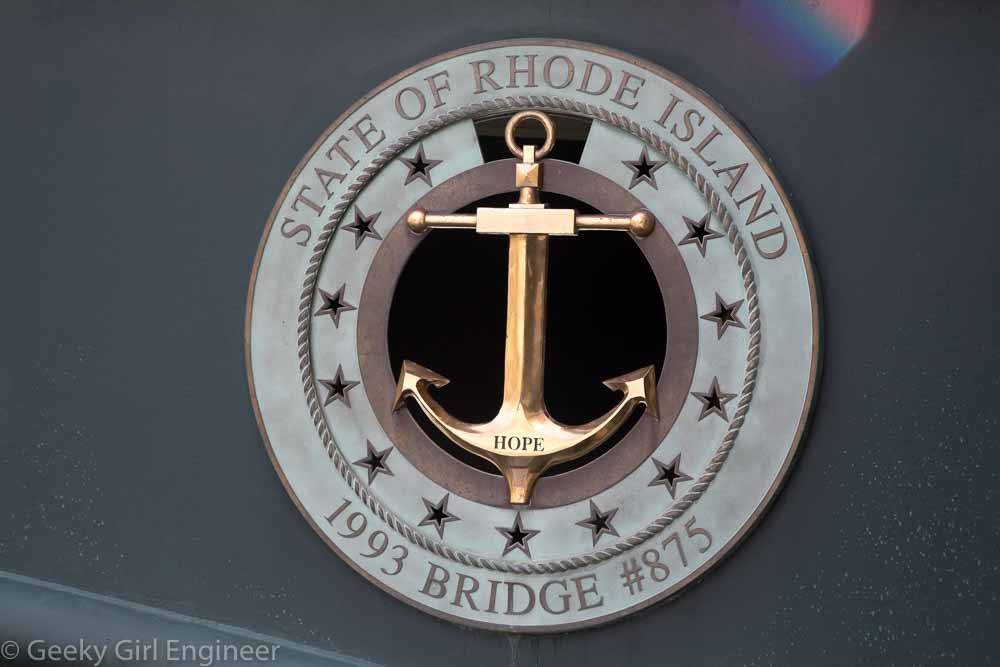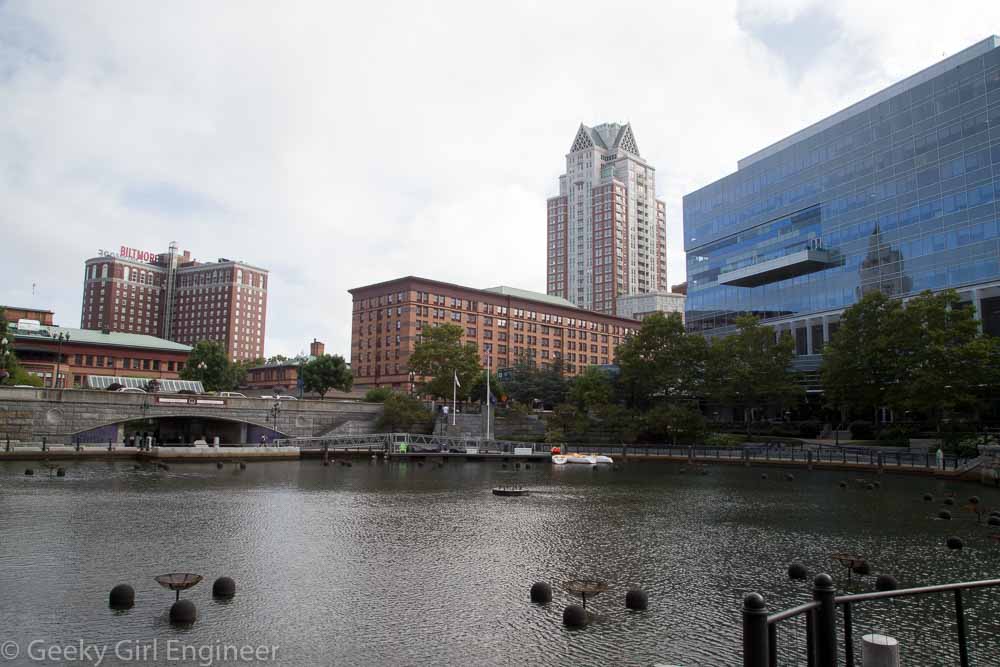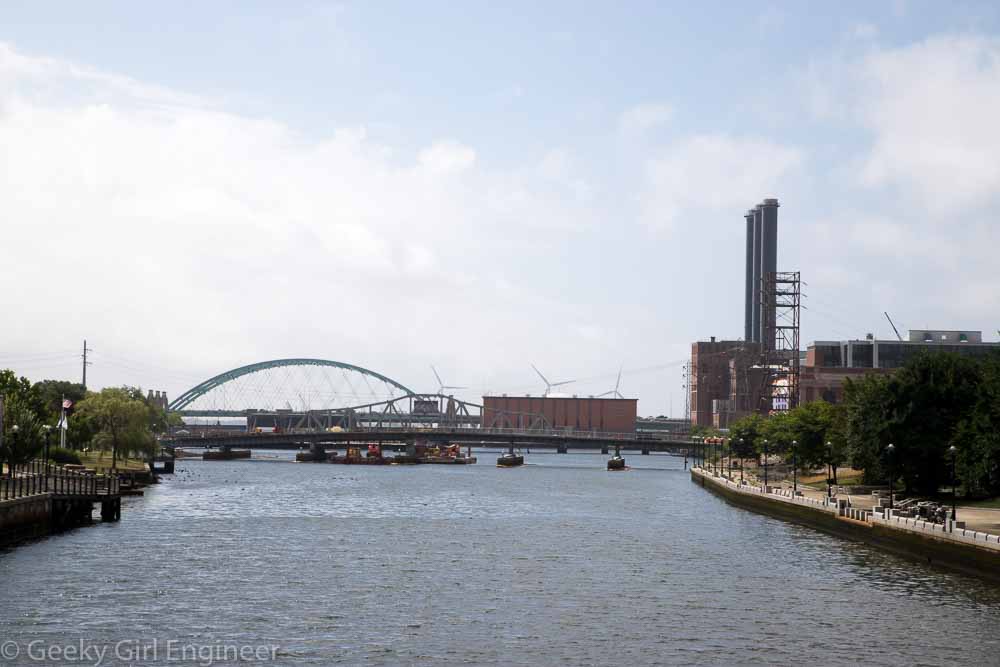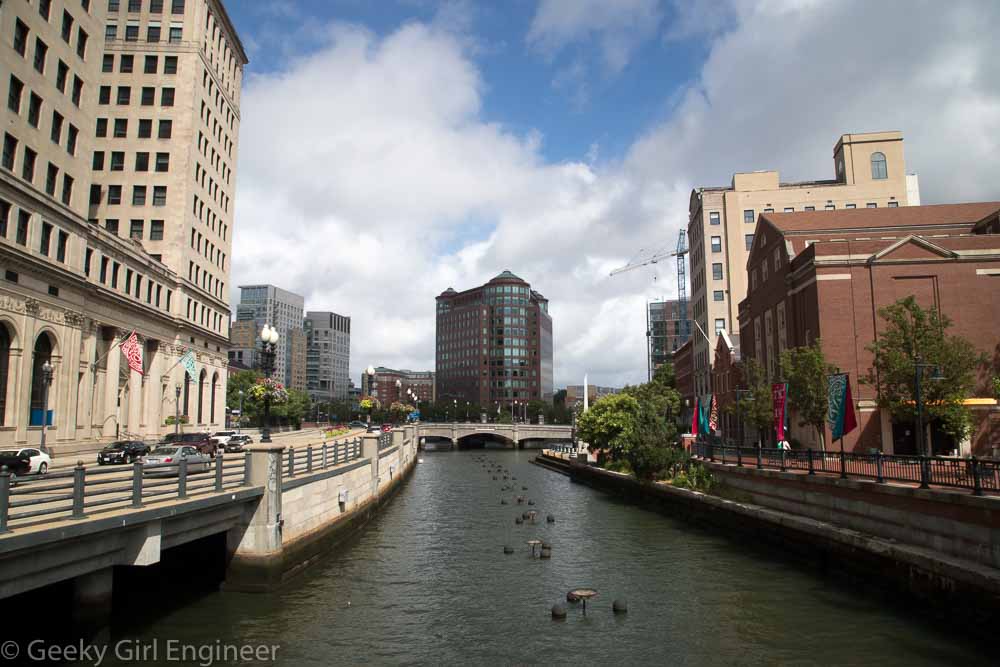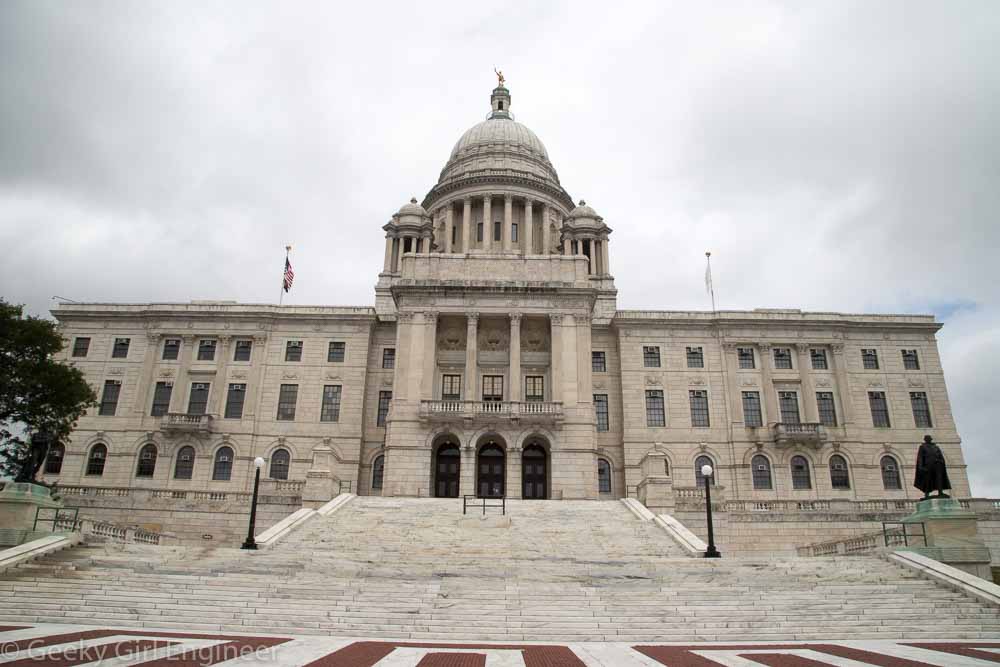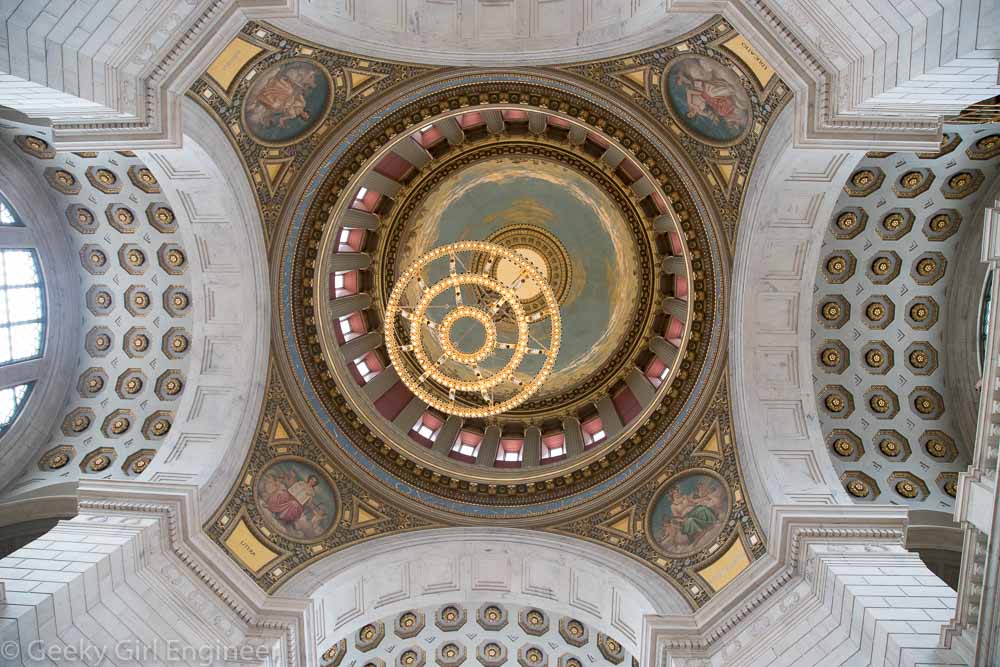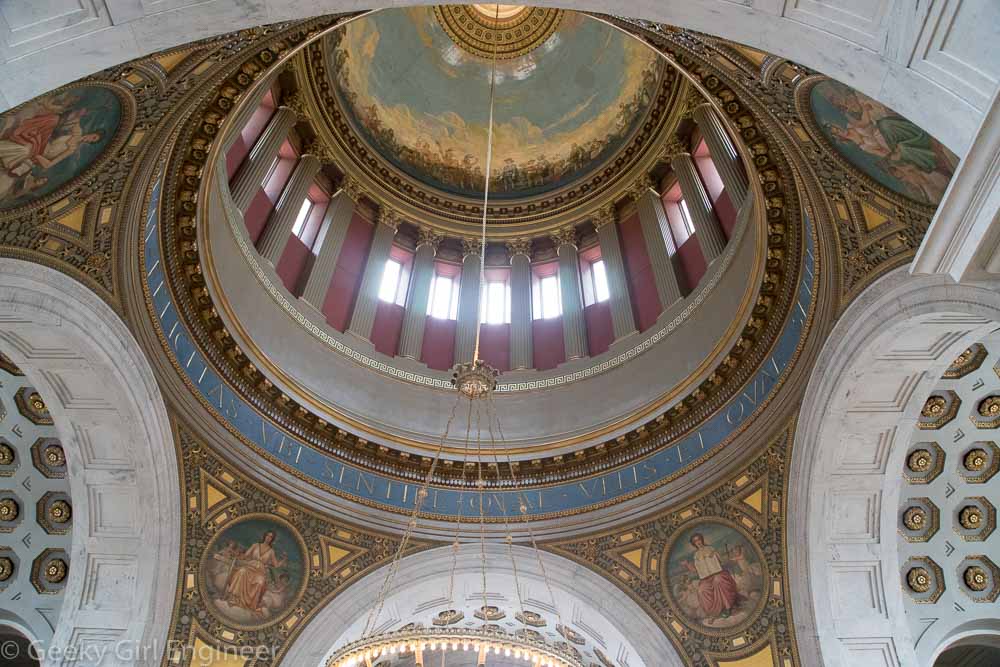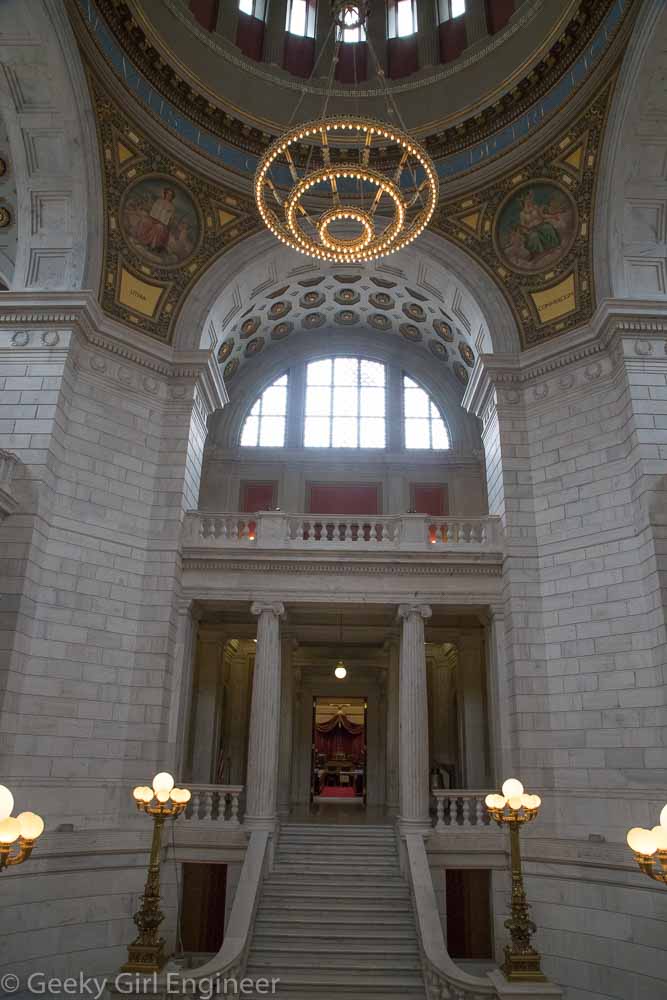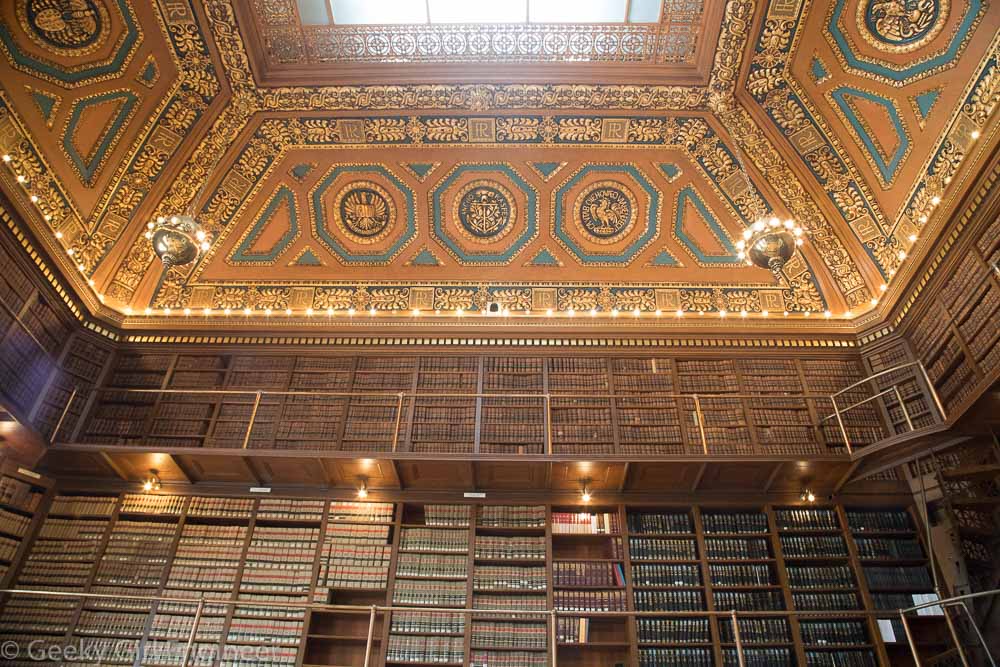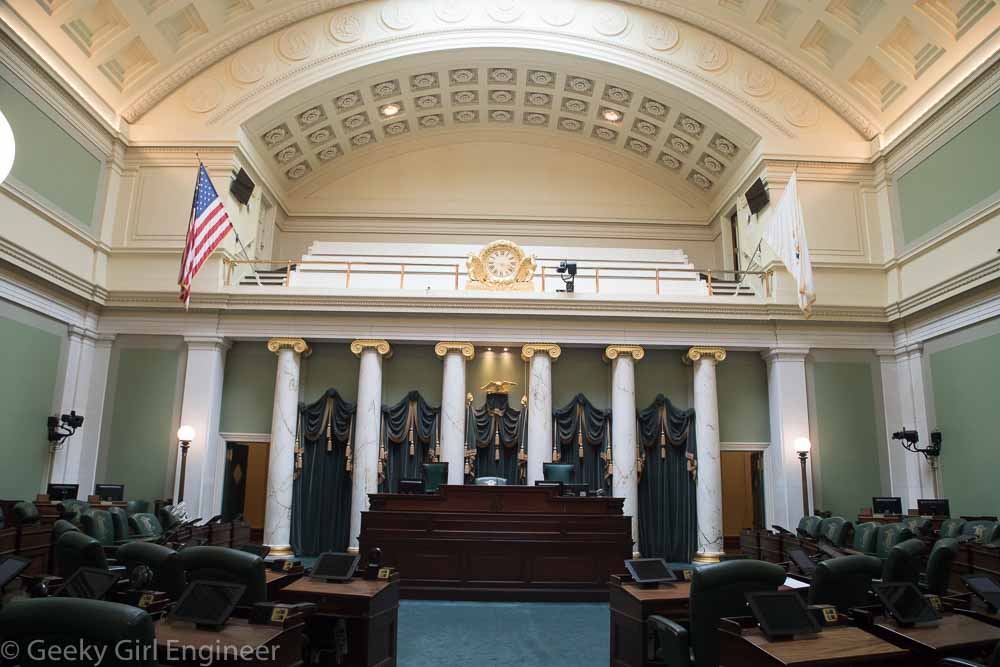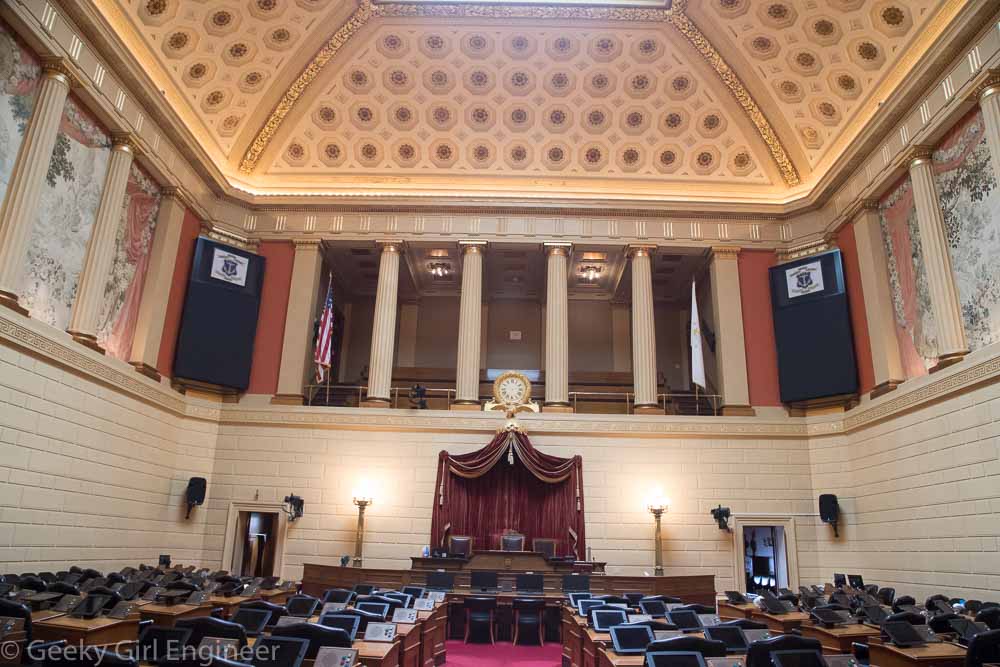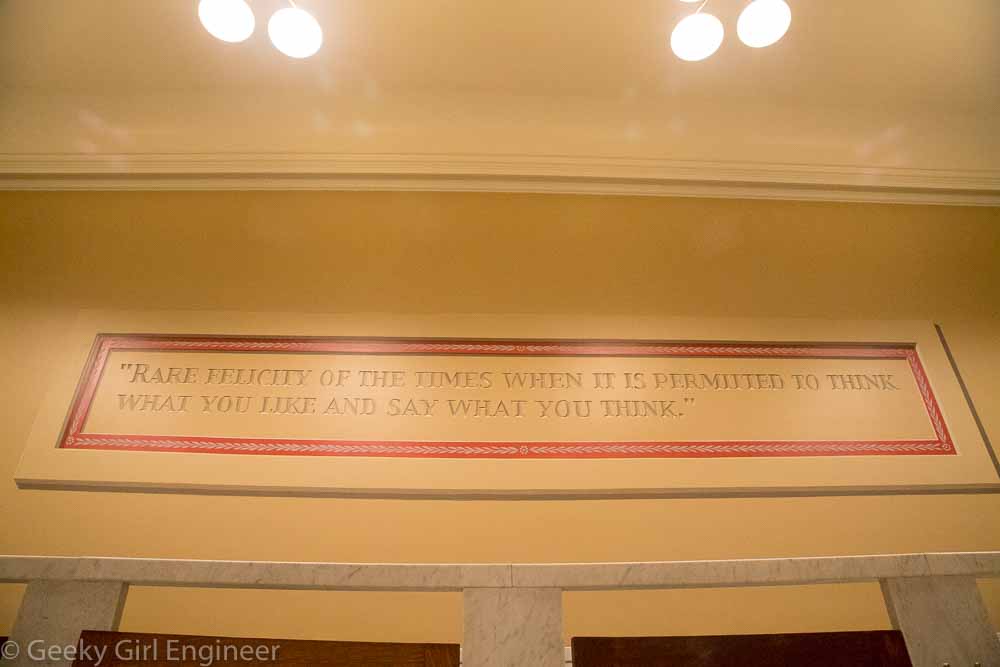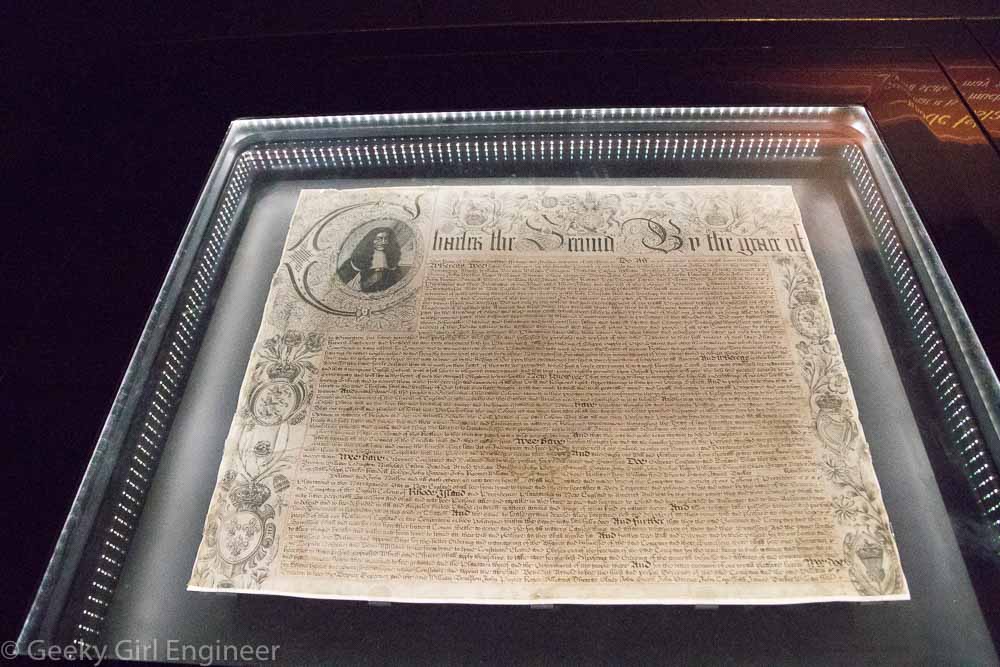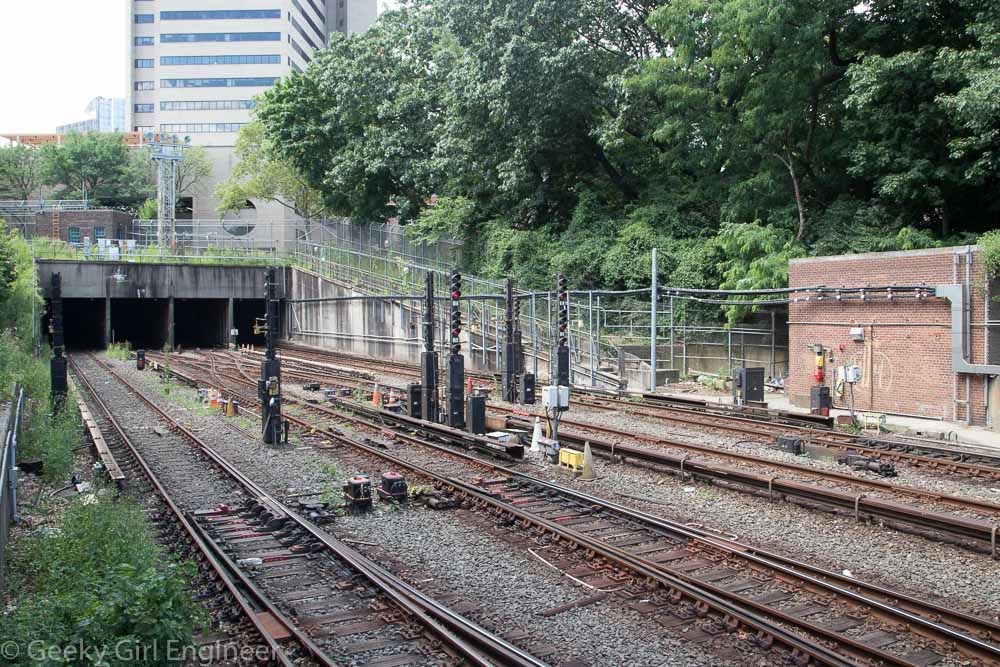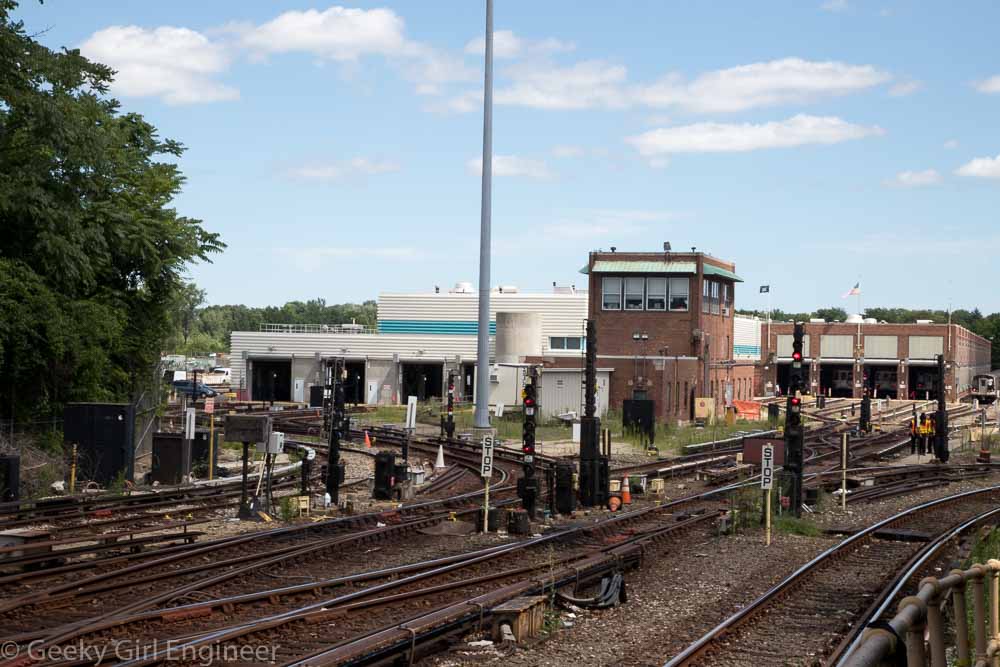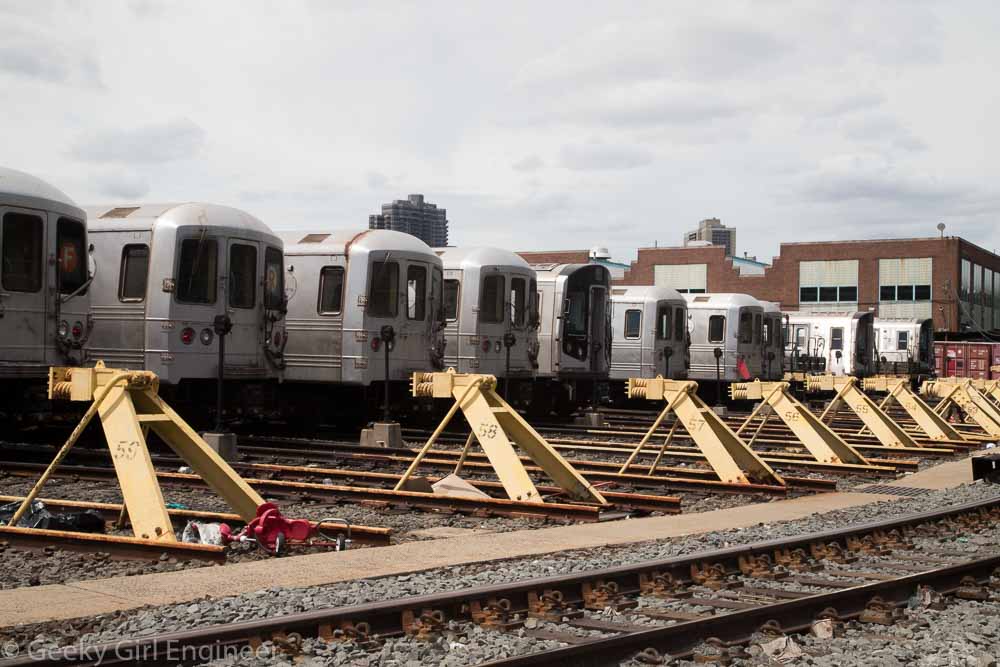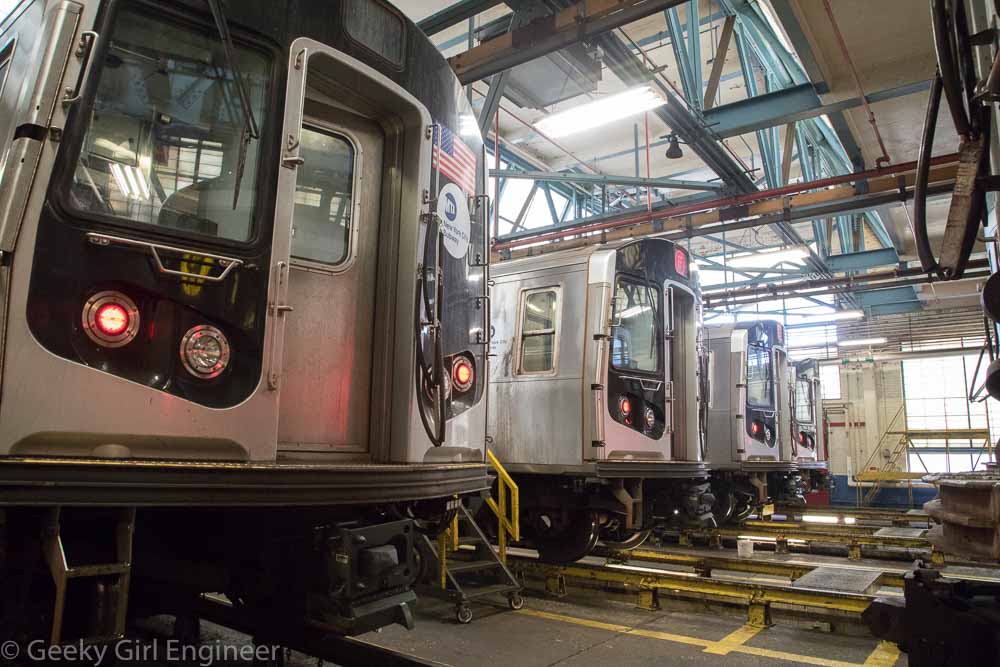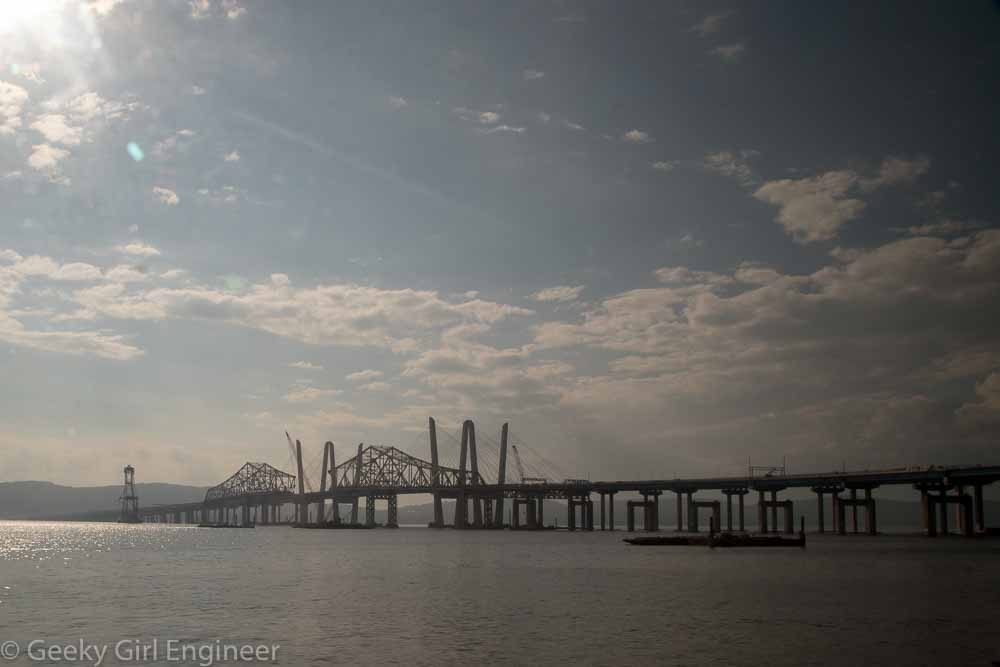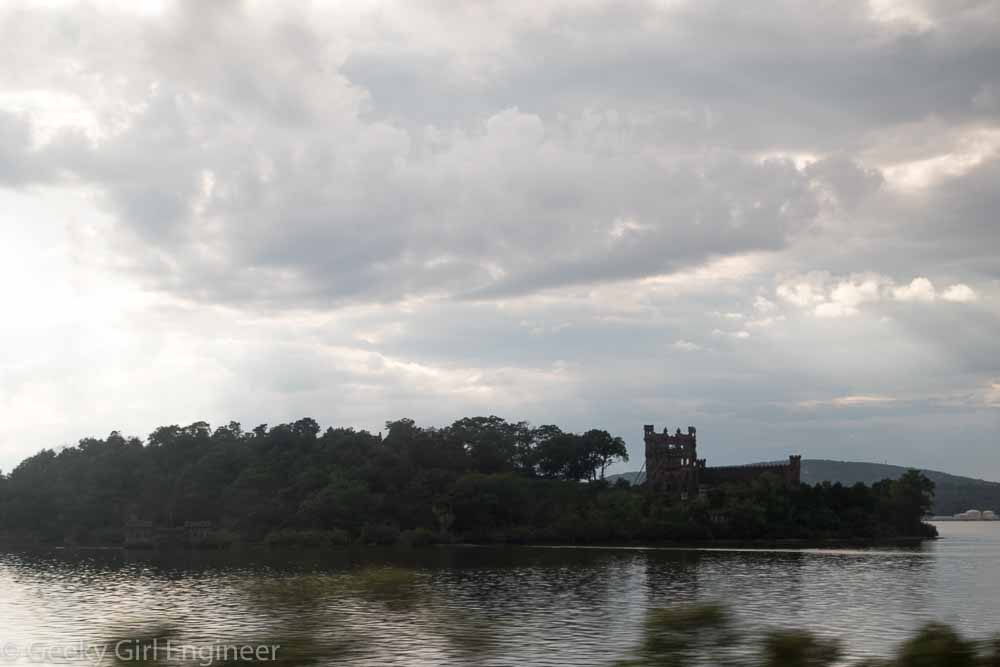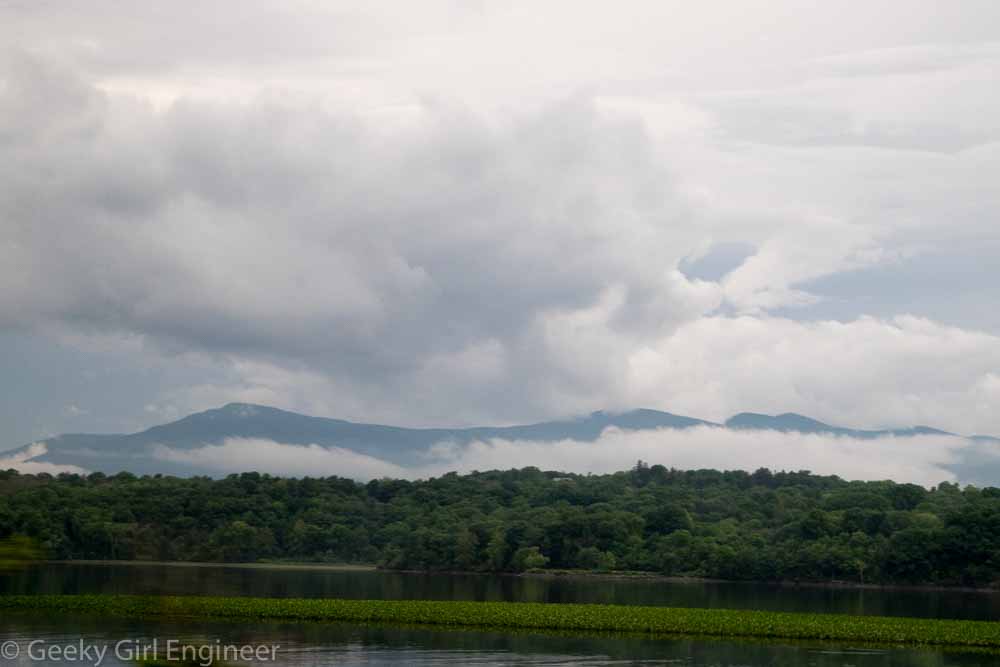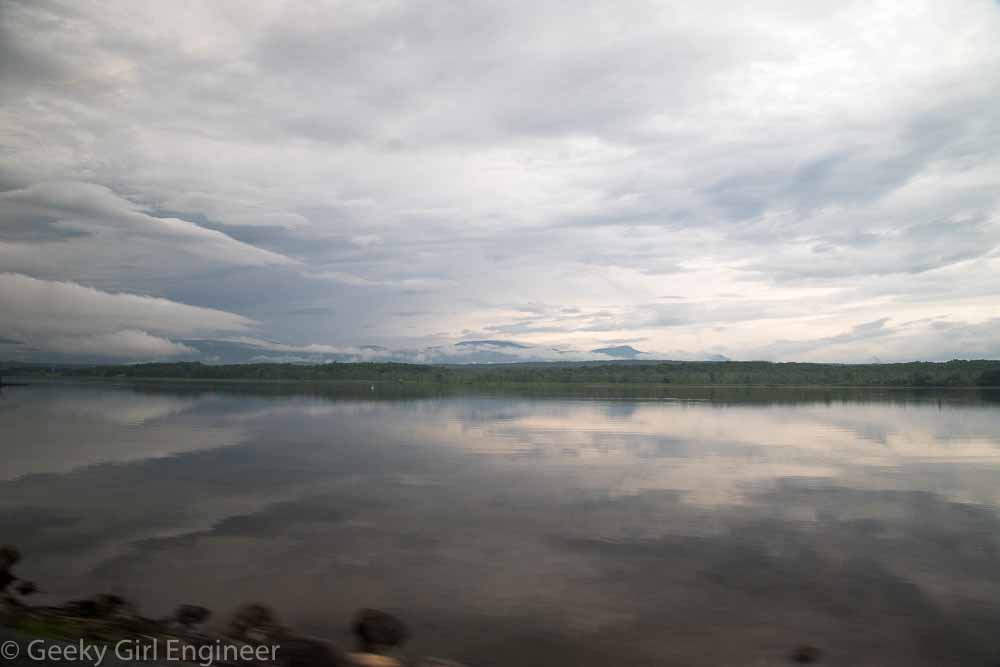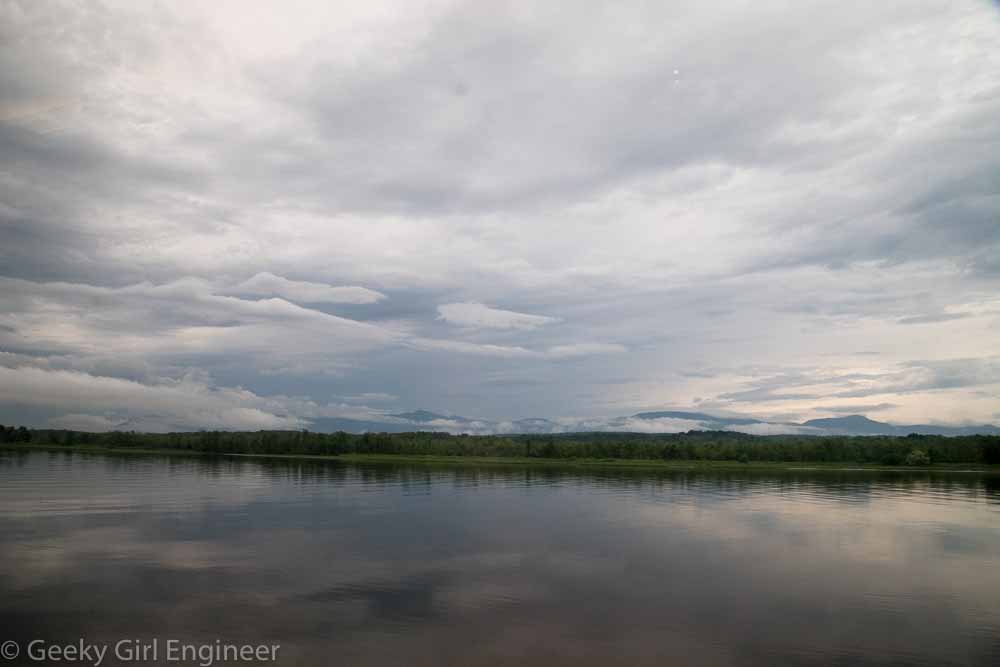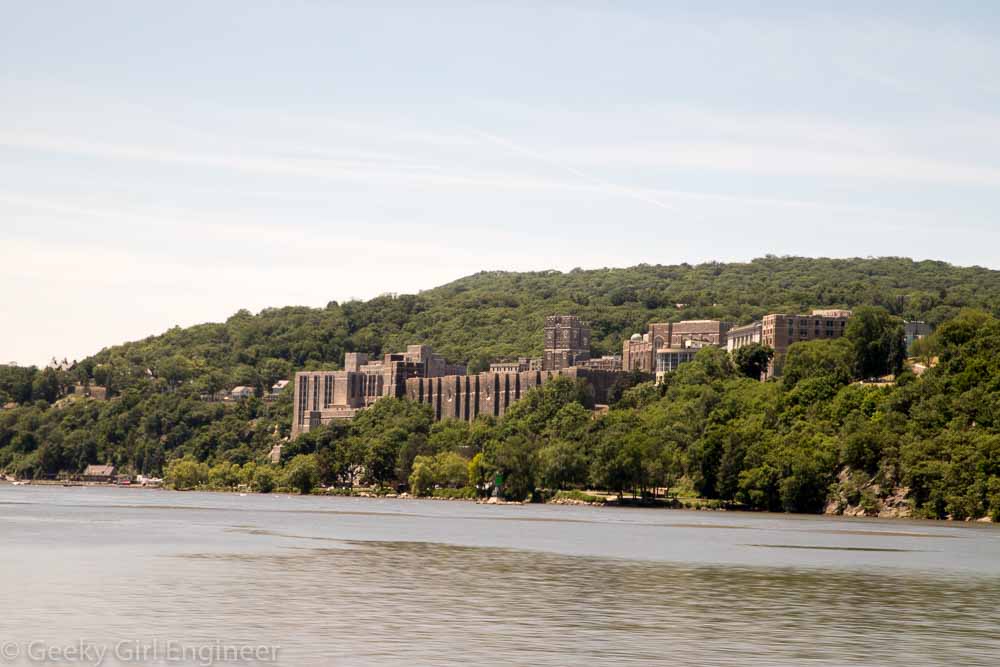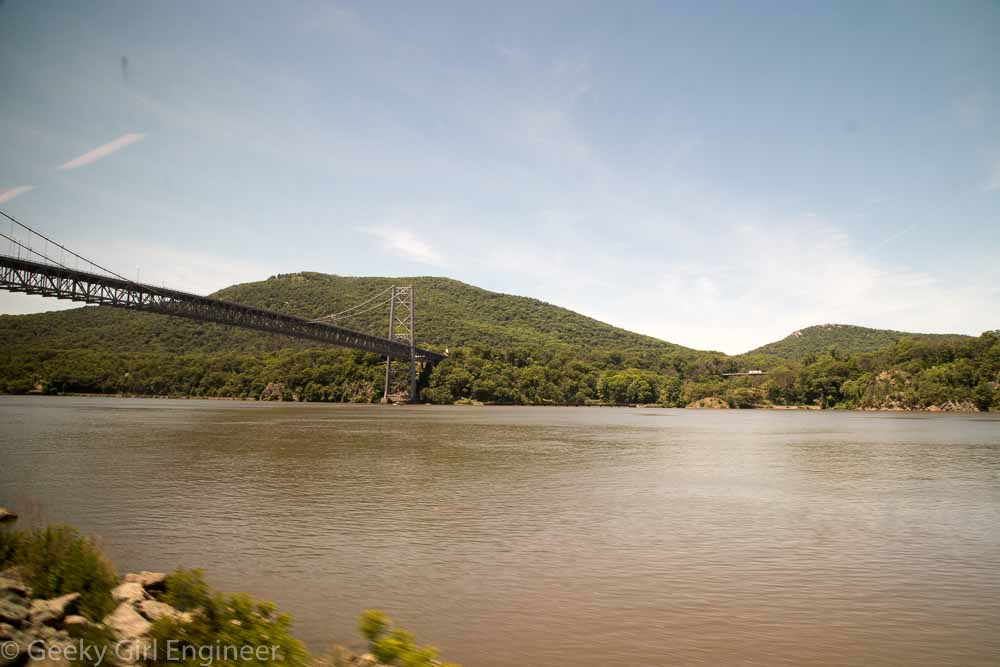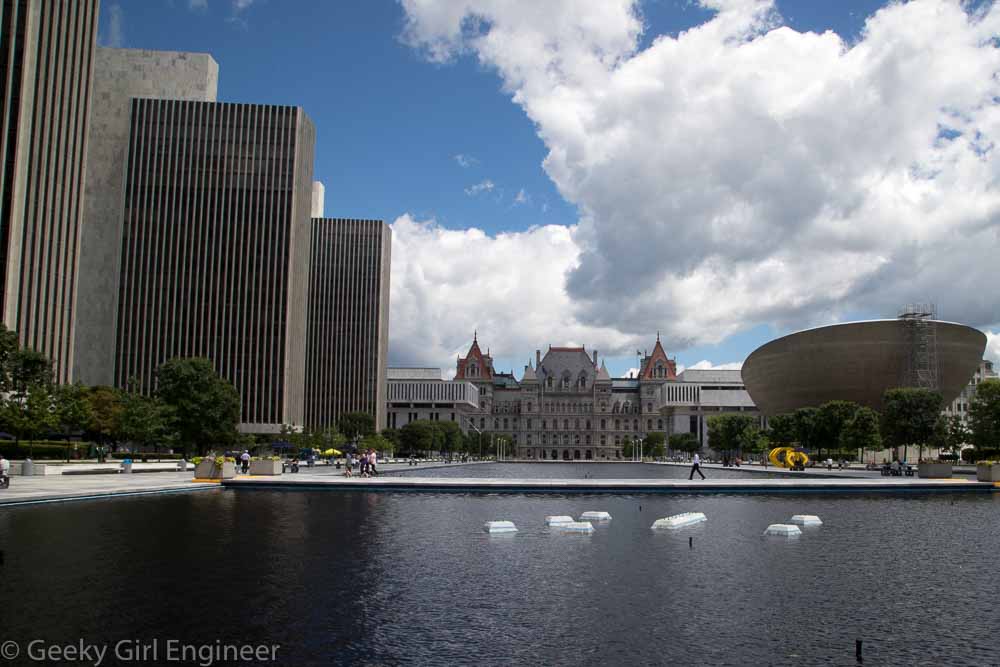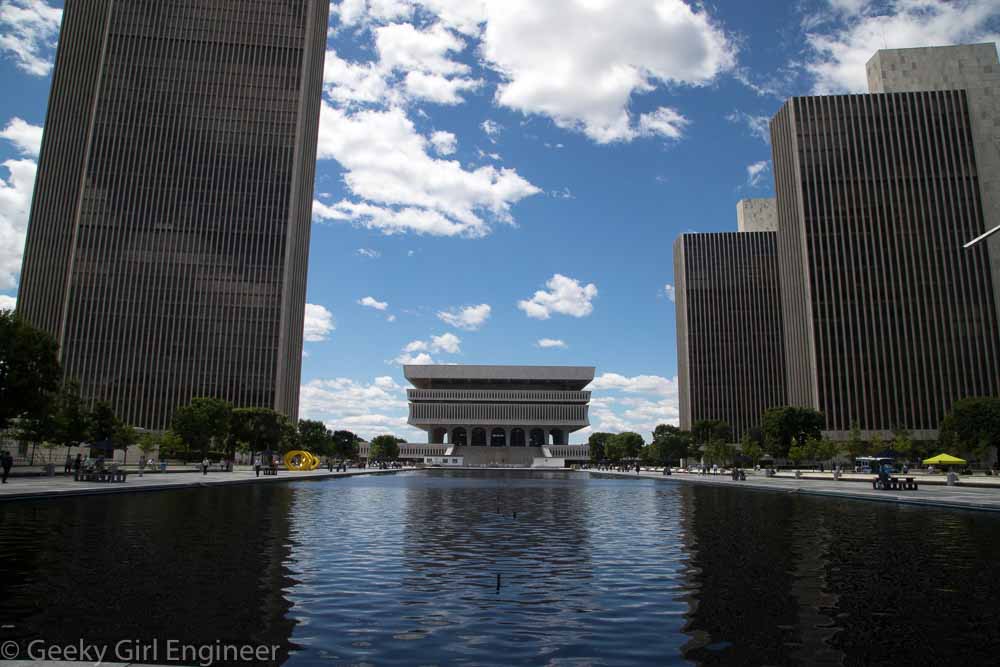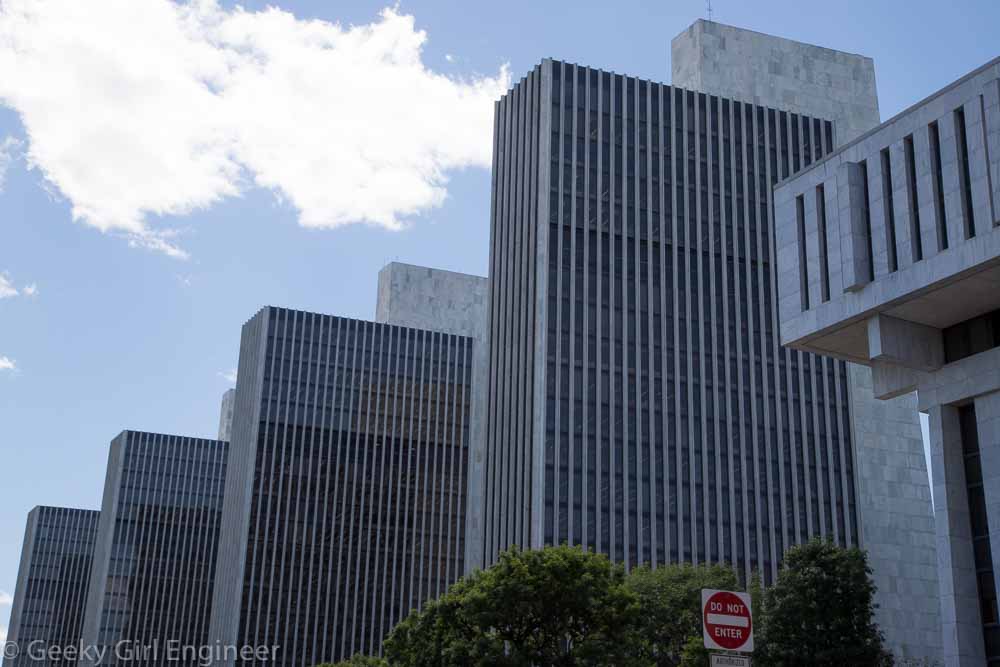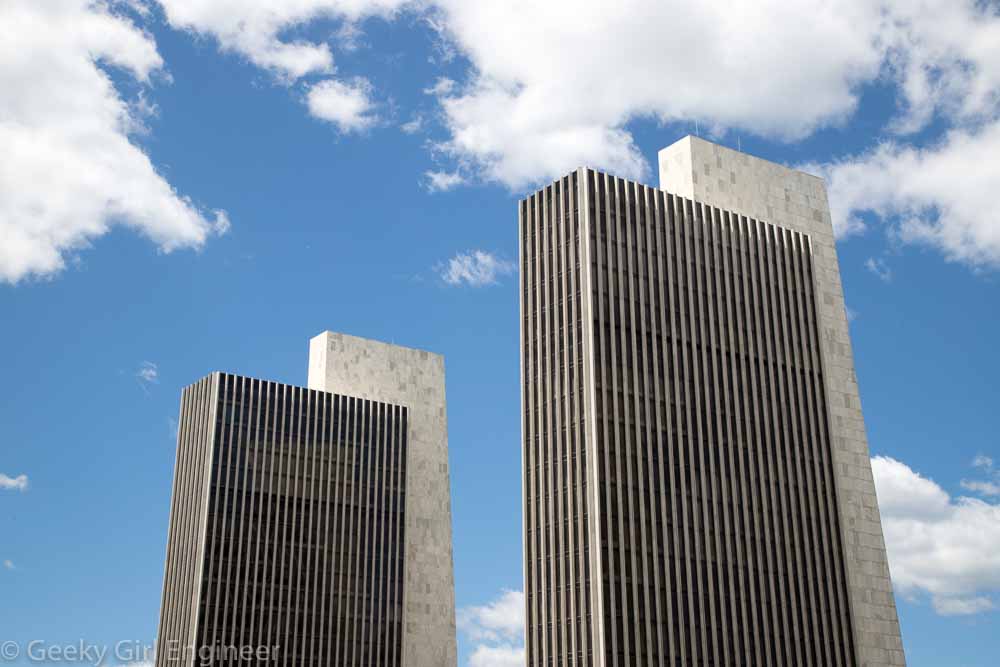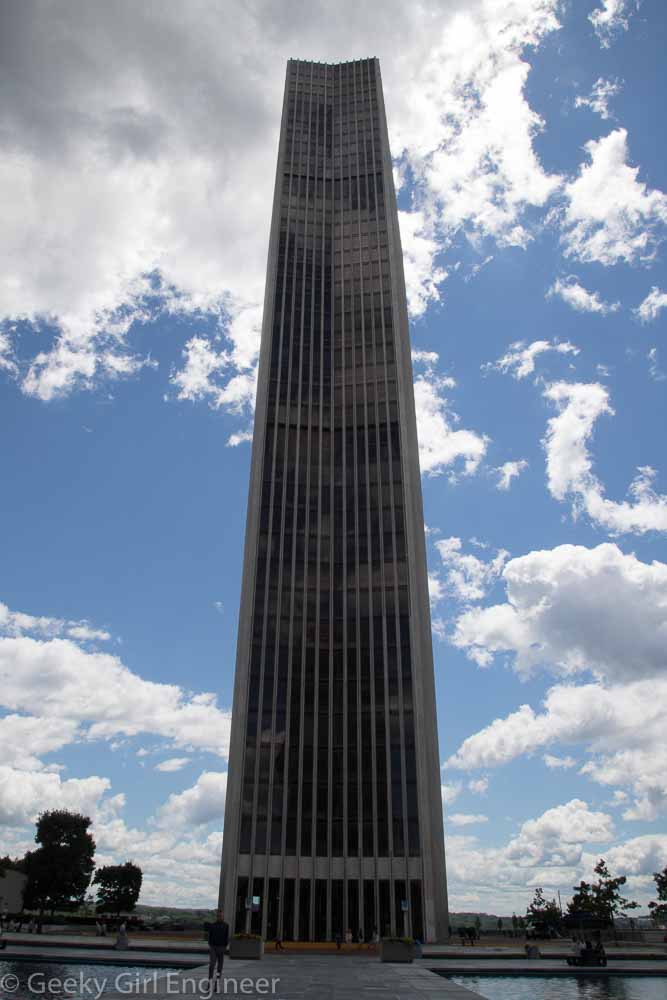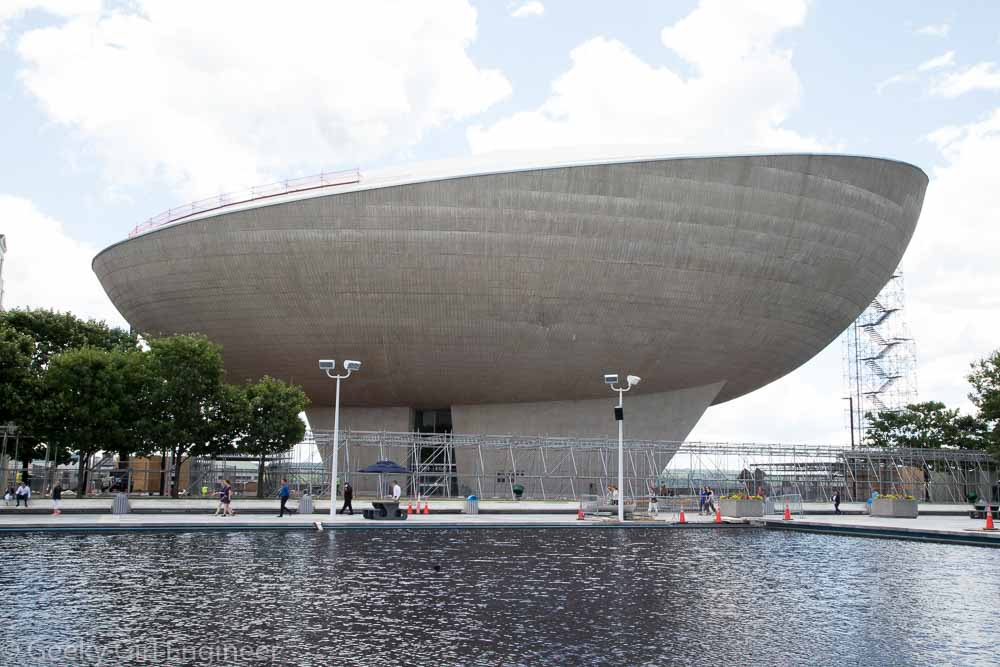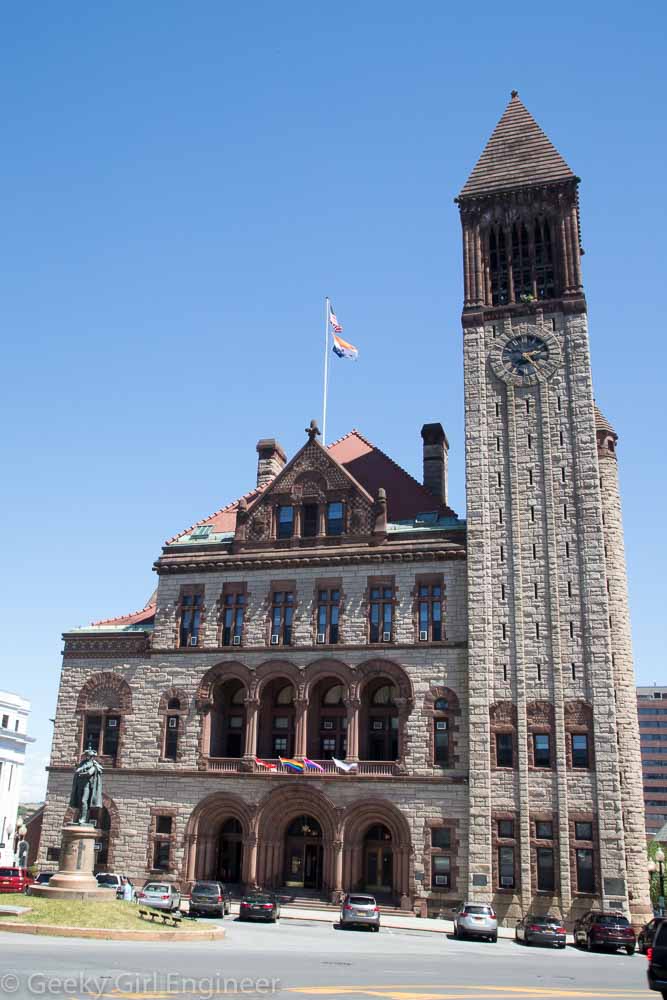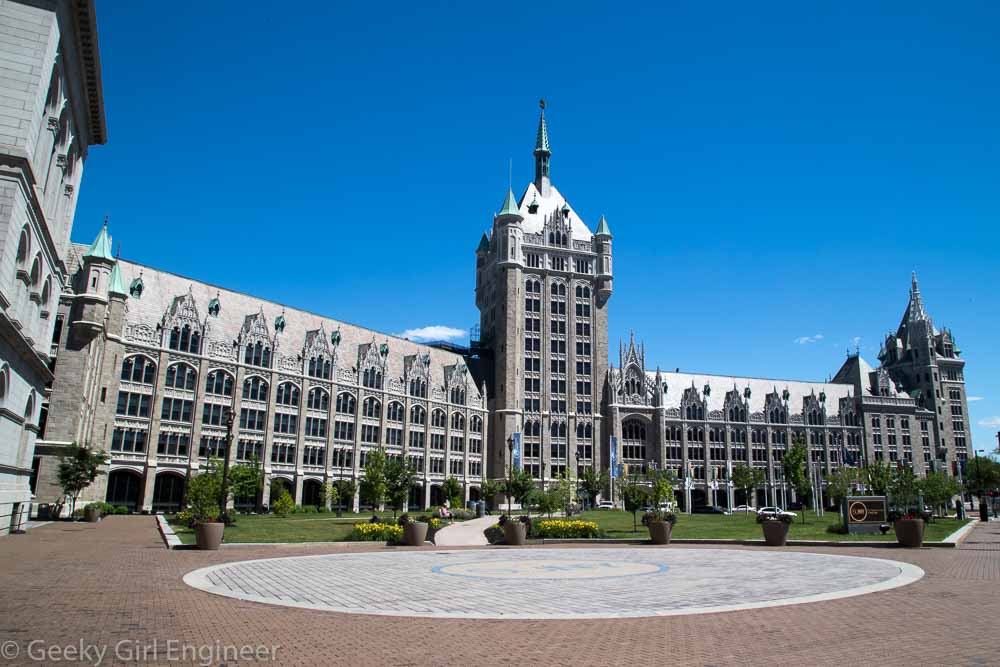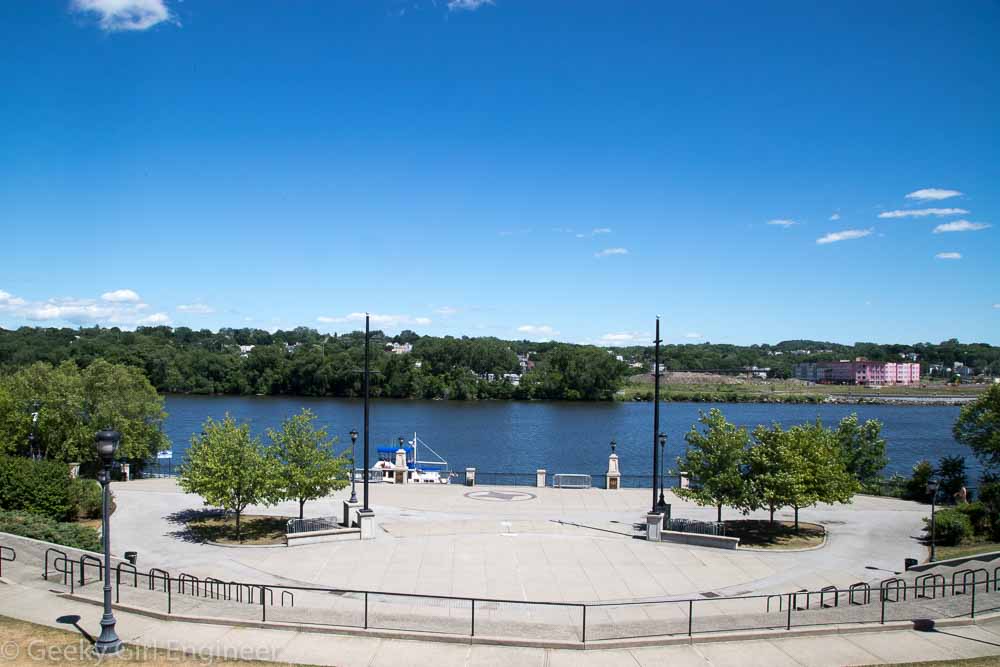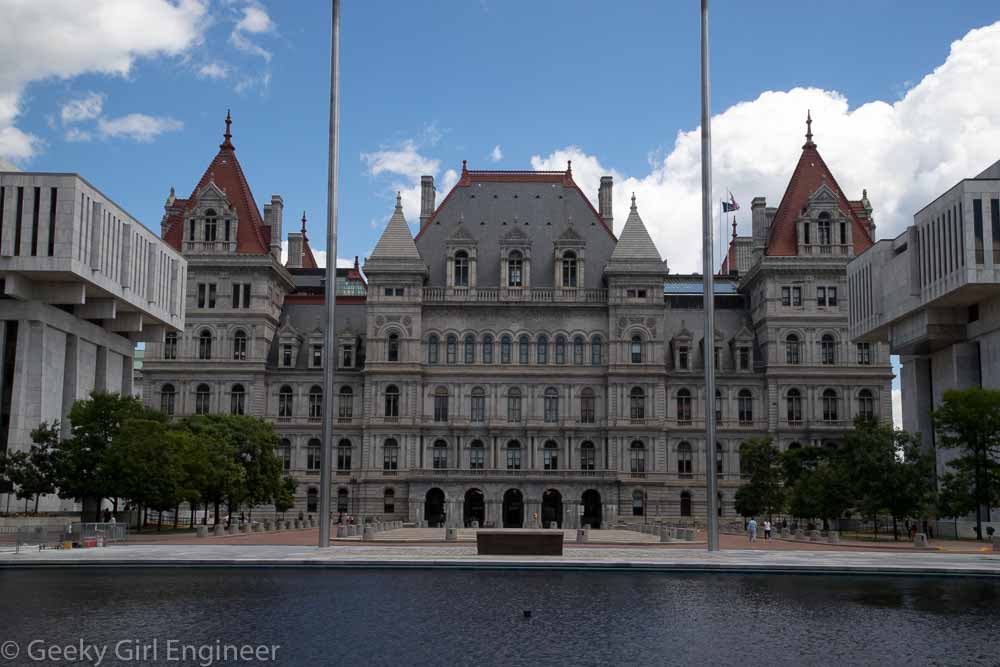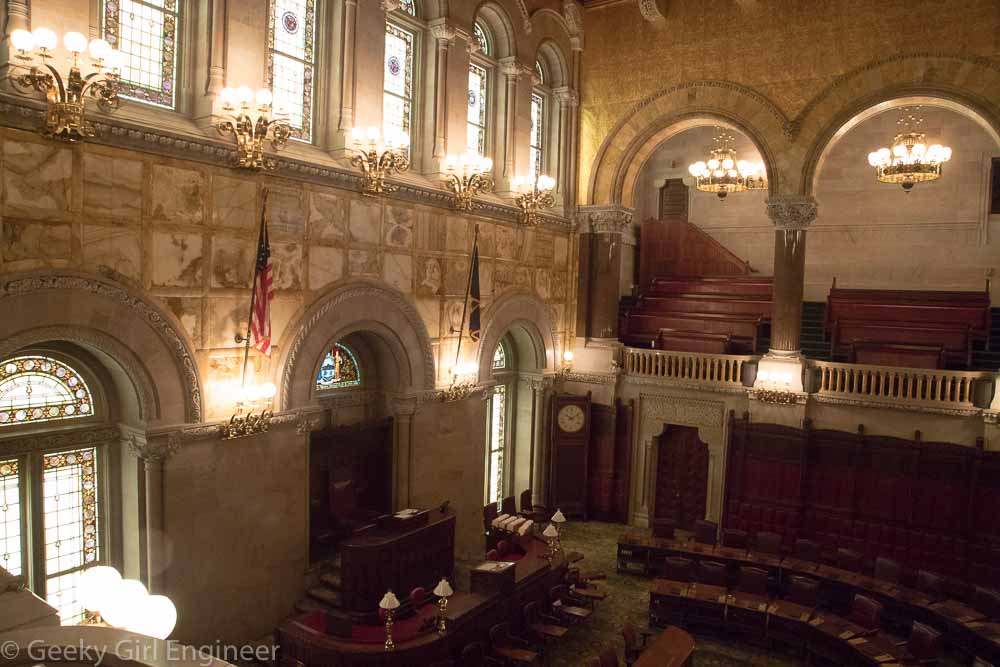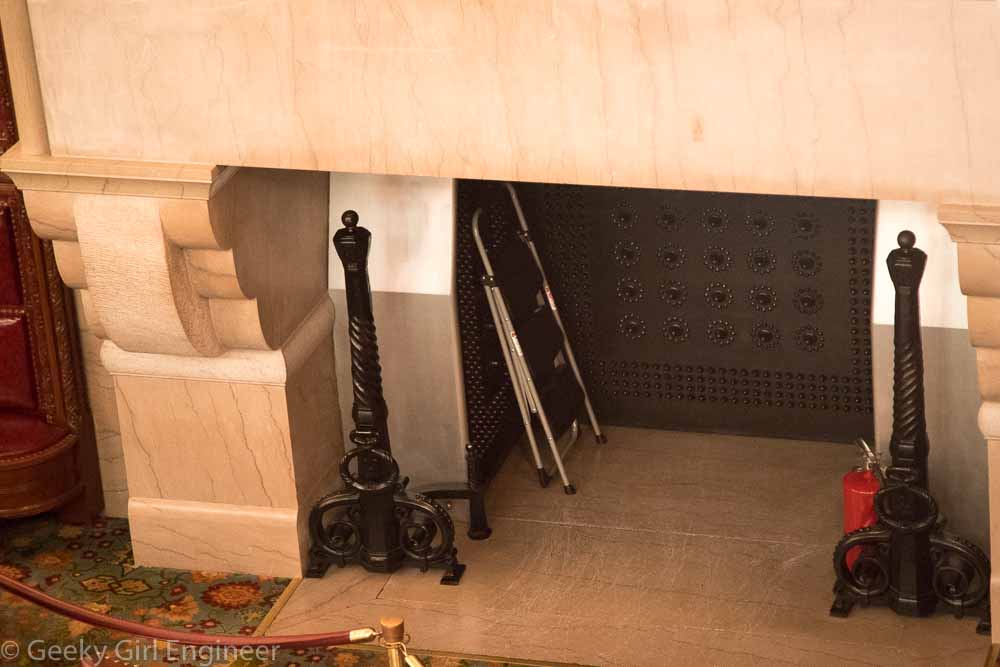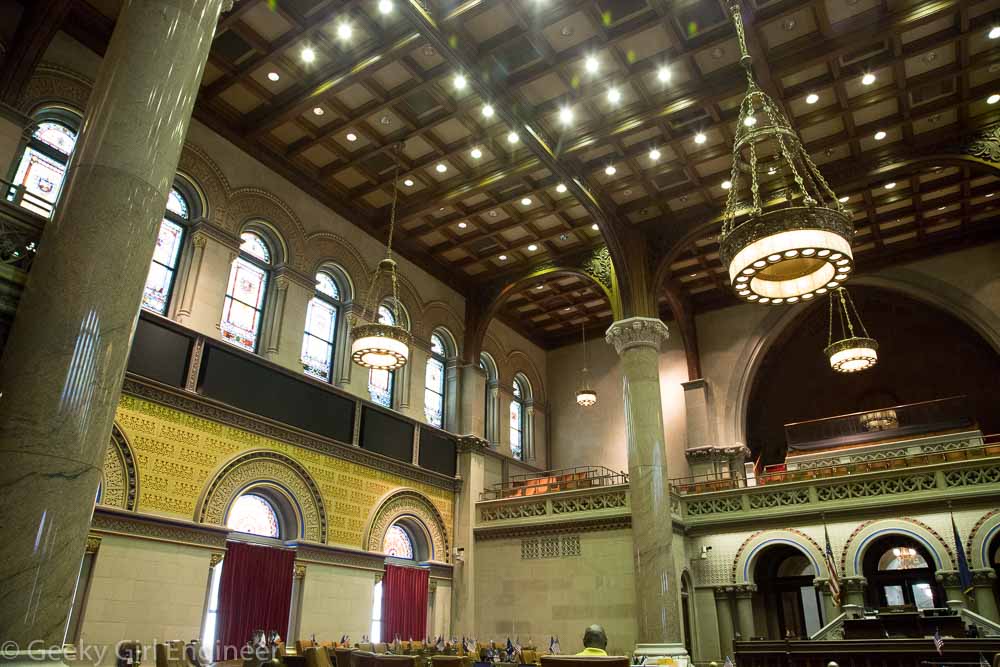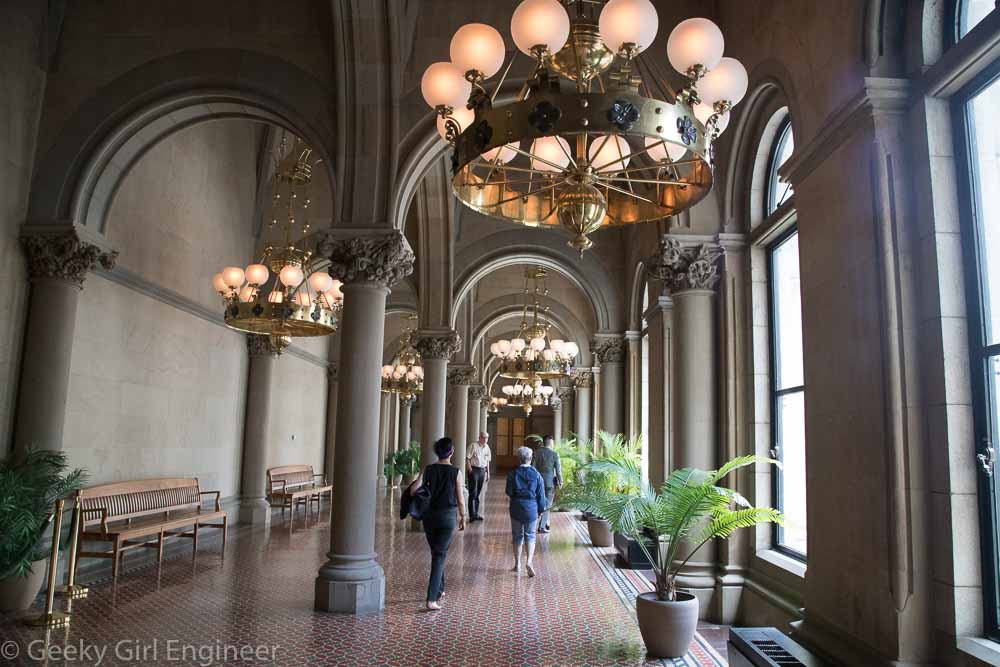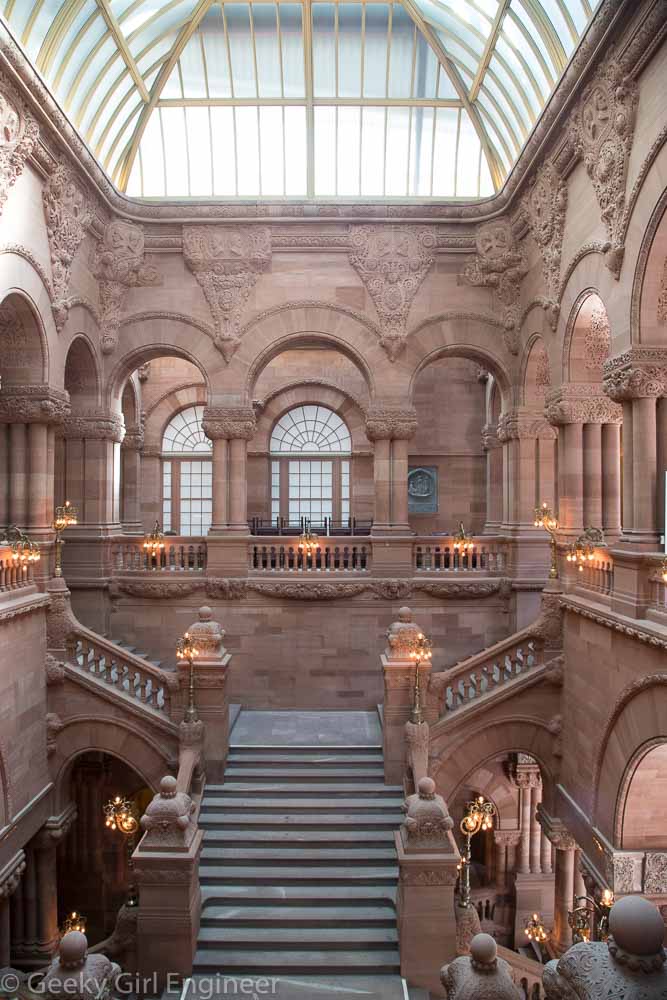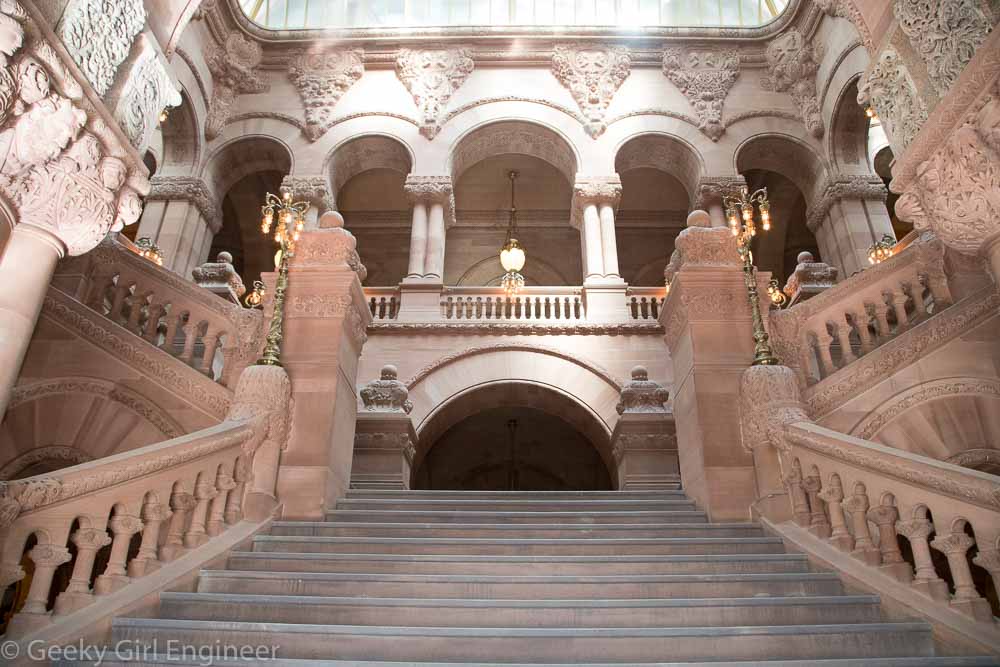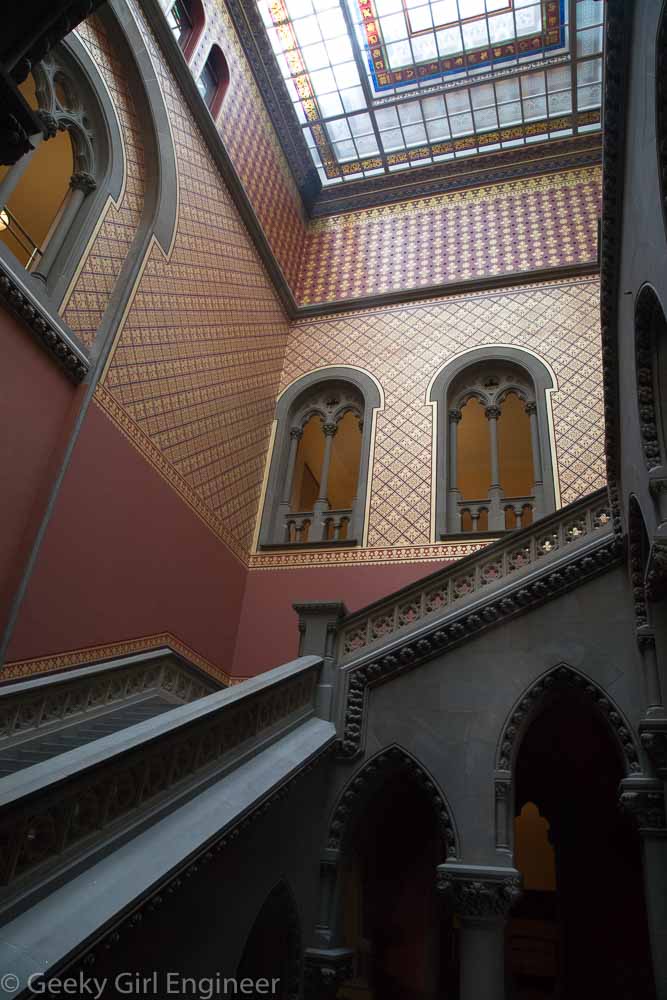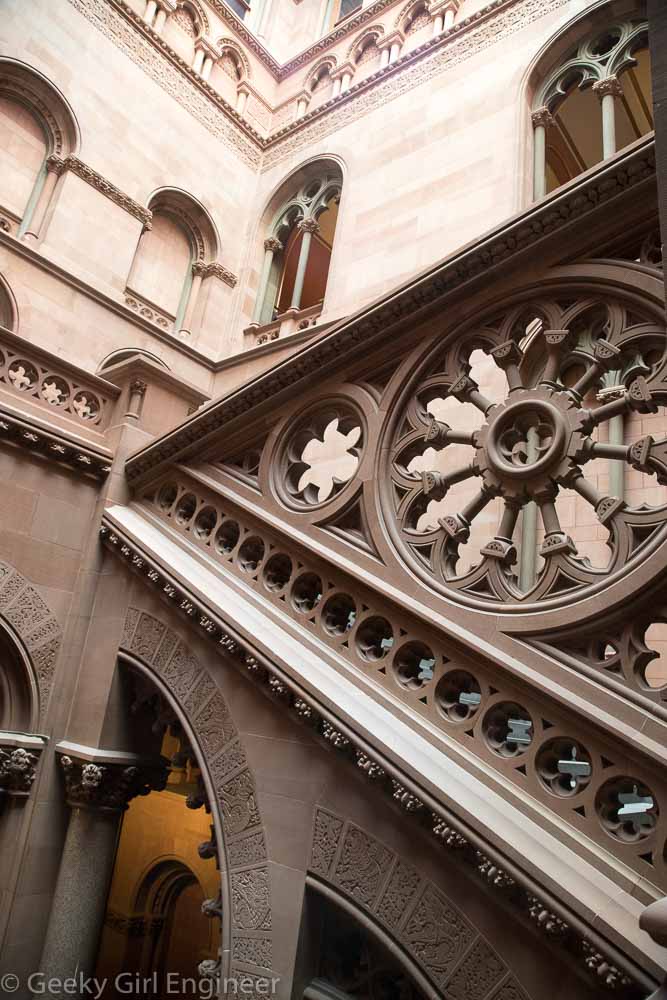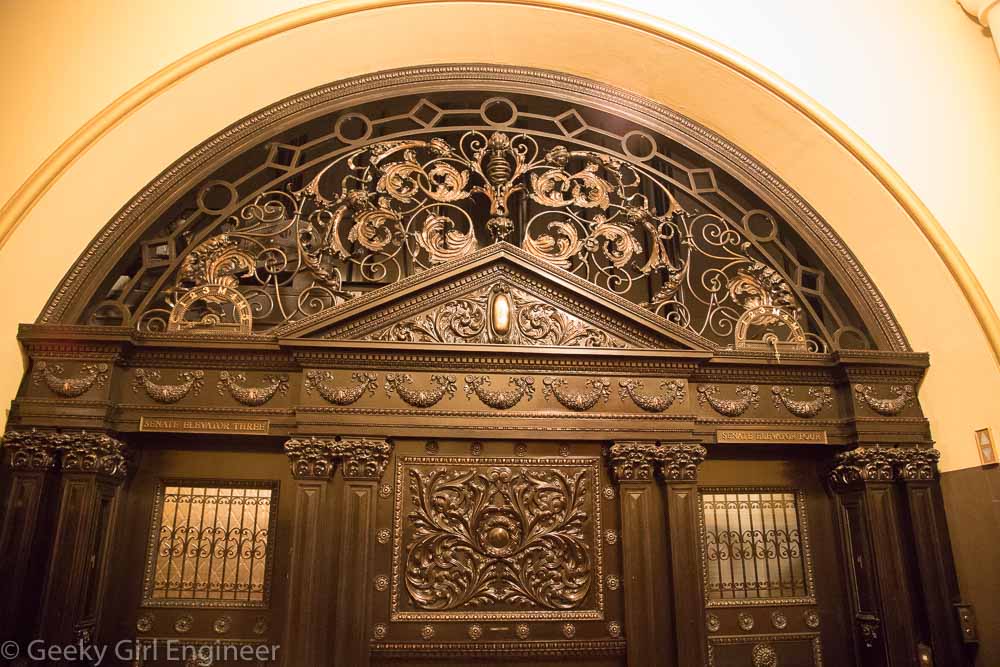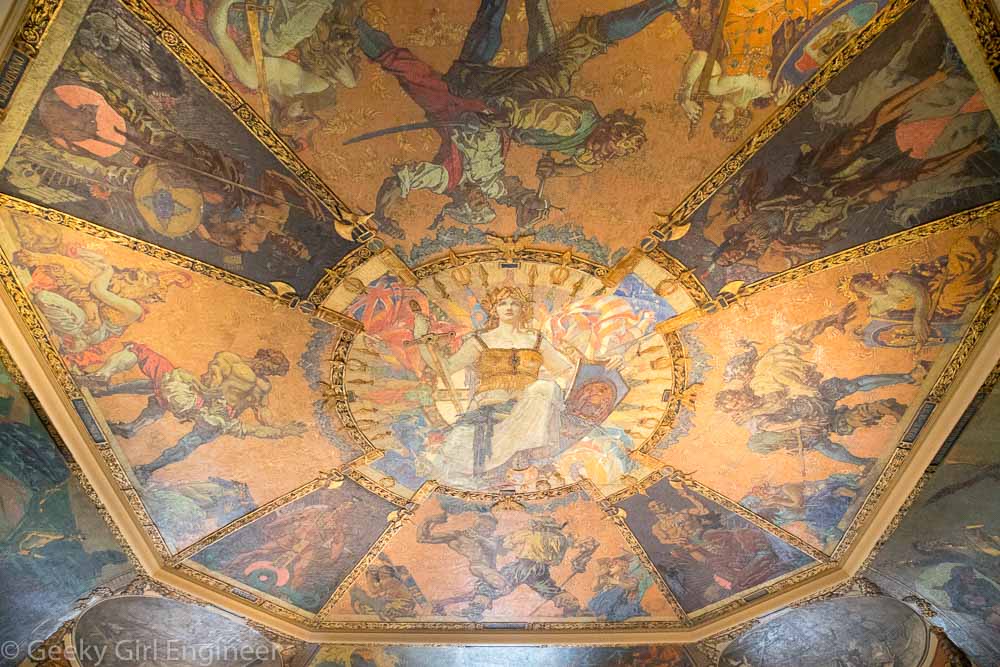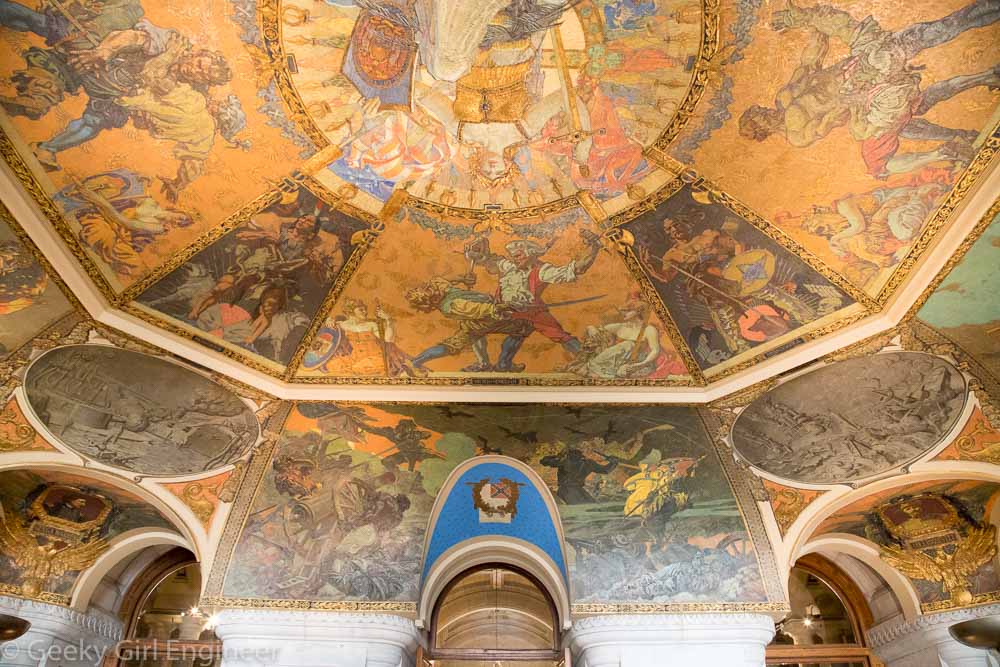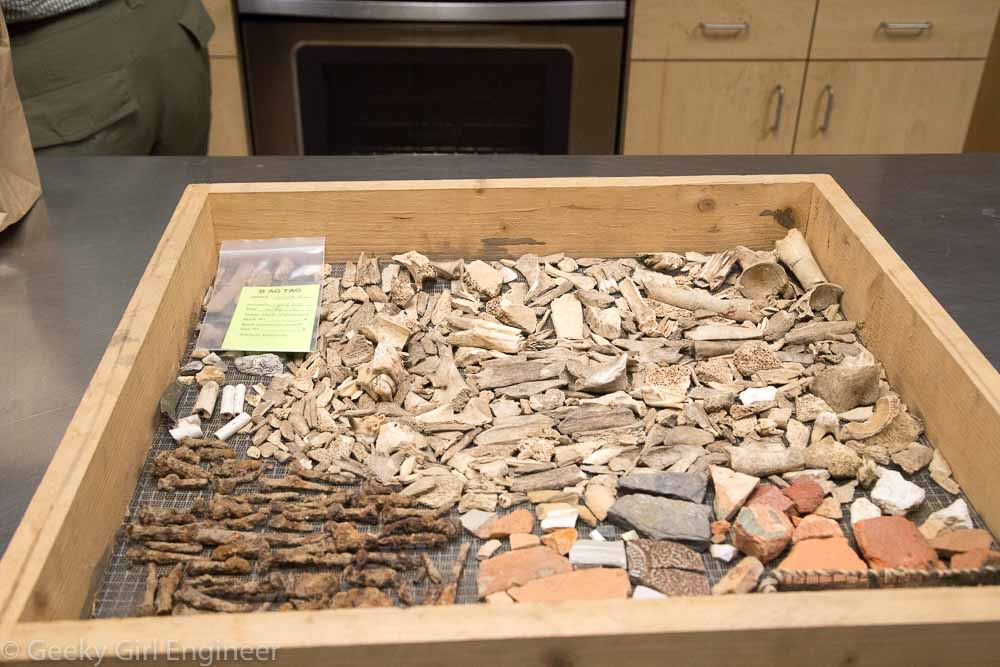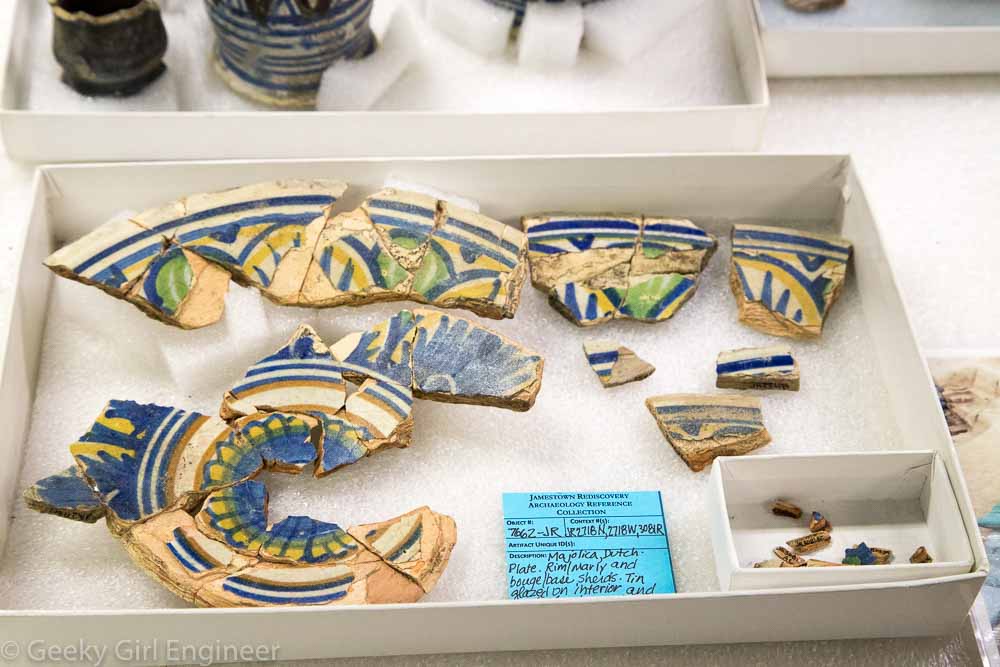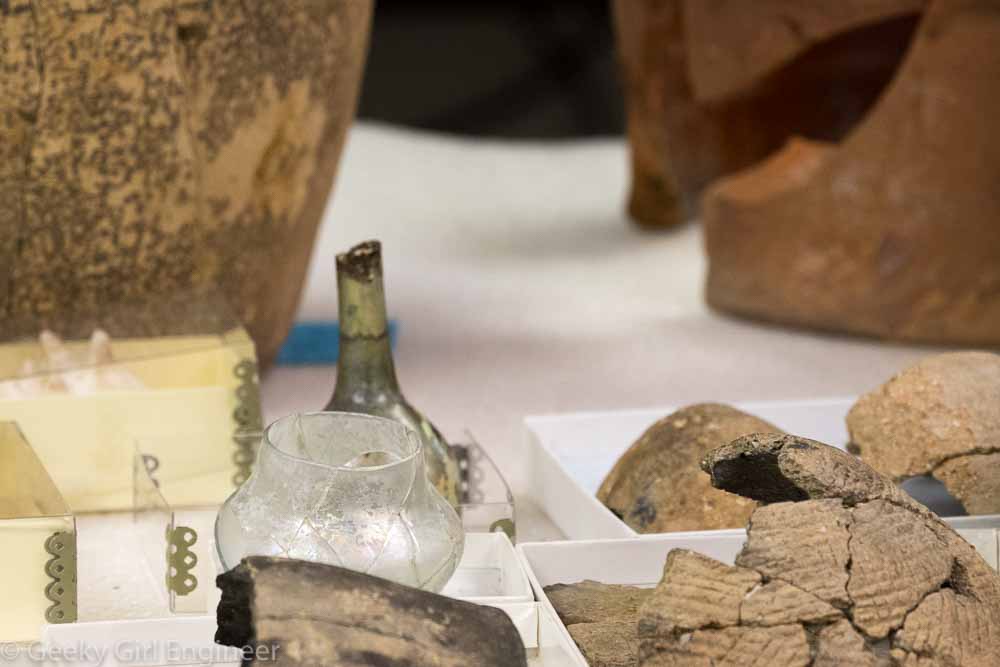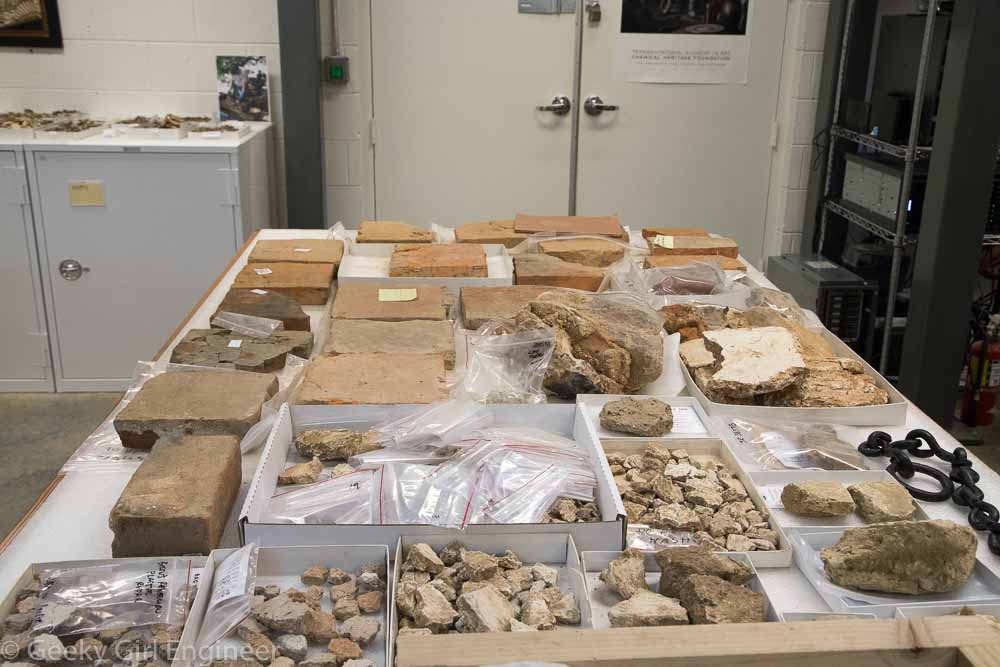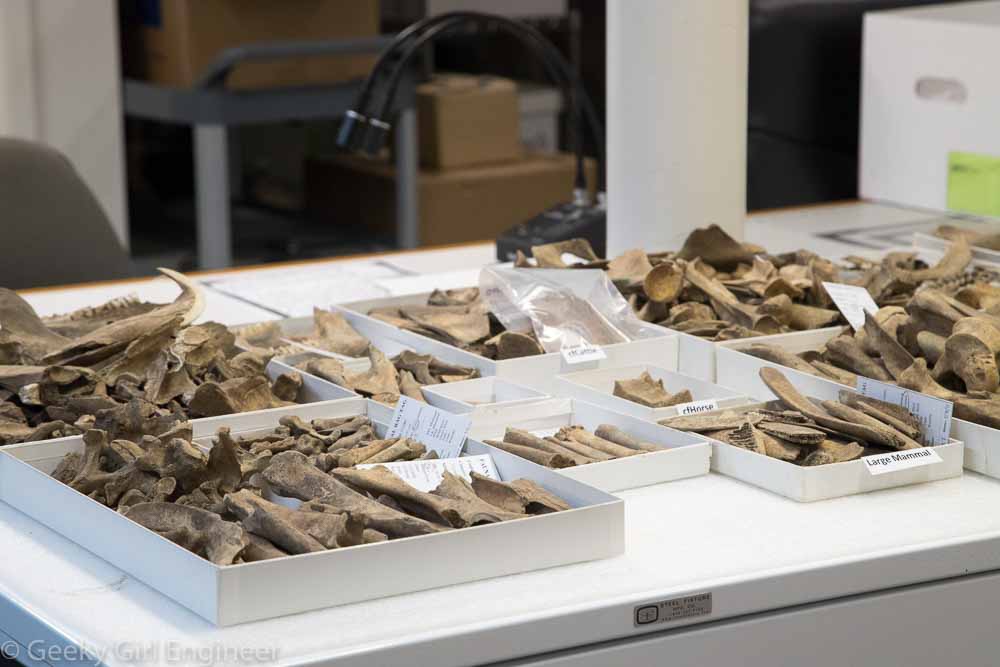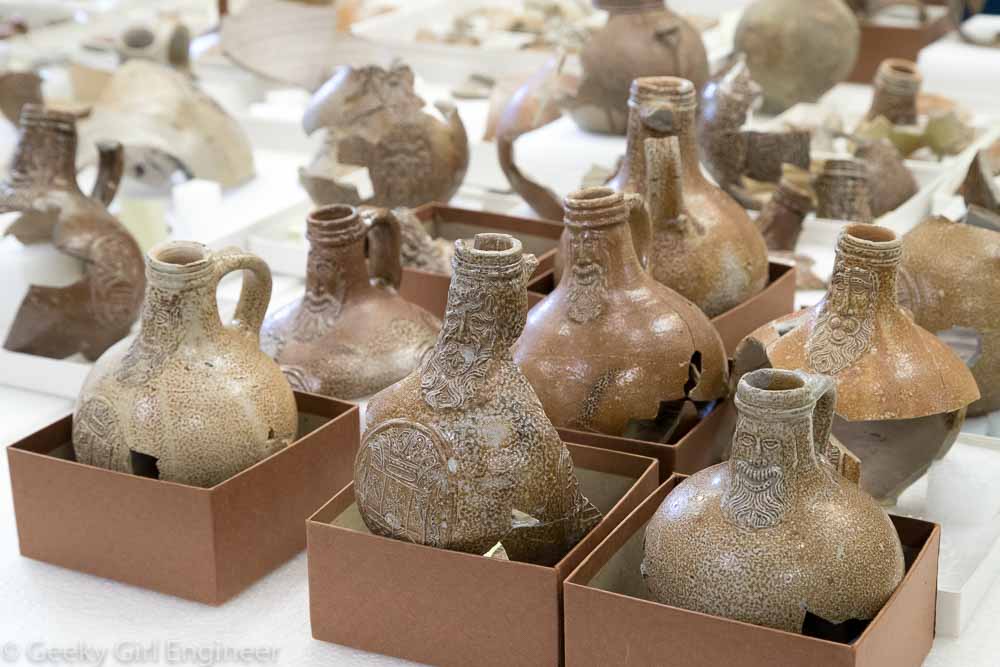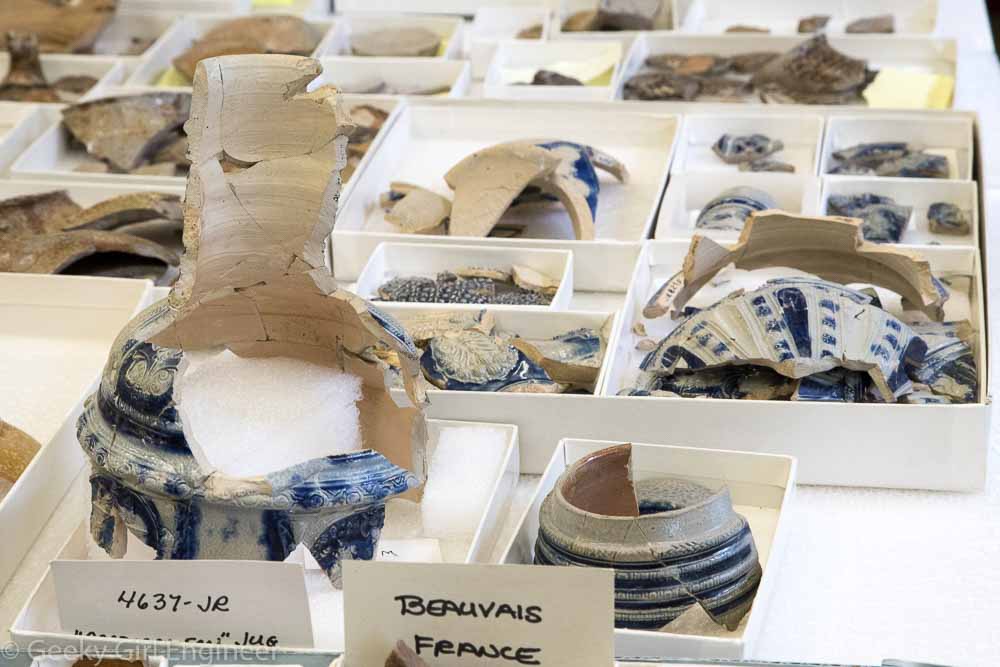I’m visiting a relative who lives in Maine’s Blue Hill Peninsula, and today she gave us a tour of the area including Deer Island. The area is a combination of forests, grasslands, and seashore, which one visits via very windy and hilly roads. On these roads and in the few towns of the area are beautiful old houses. Many of the houses have beautiful gardens that seem to show how much the residents relish the summer and relief of the long, cold winters. The residents of the area also use lobster buoys for various non-lobster uses including decorating.
Tag Archives: Photography
Tomato Hornworm
Fungus
I love to photograph fungus. I don’t know why, but I do. I don’t really like to eat fungus, but I like looking at it. More accurately I suppose, I like looking at the fruiting bodies of fungus. I’m in an area of New York that is filled with forest, and they have recently gotten a lot of rain. Fungus are growing and reproducing in earnest. I’m visiting relatives, and in one small area on their property, I spotted what I guess are at least six different types of fungus. So I went crazy with my camera.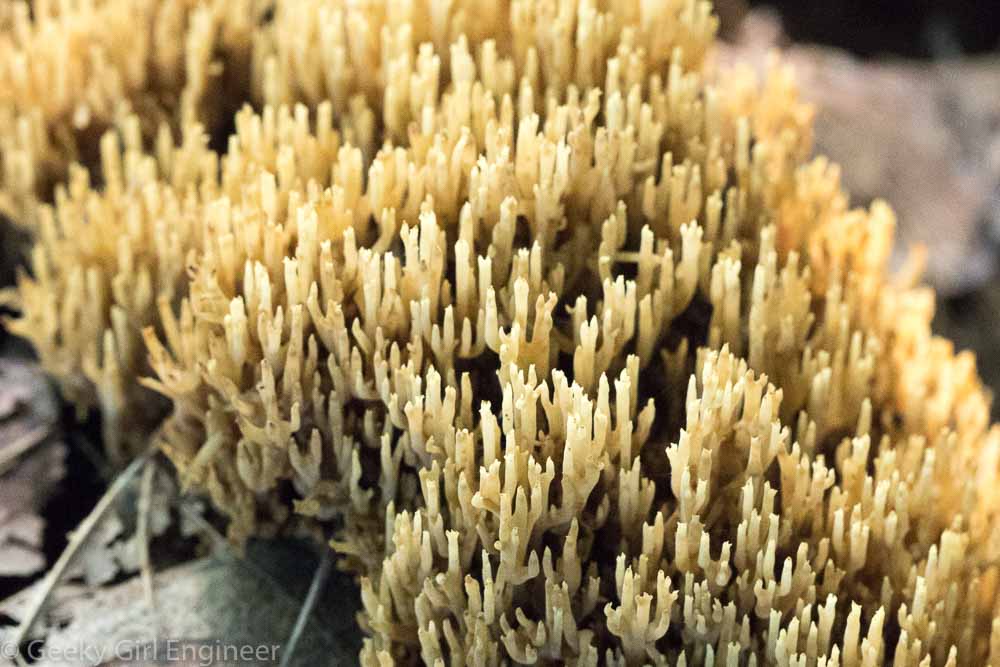
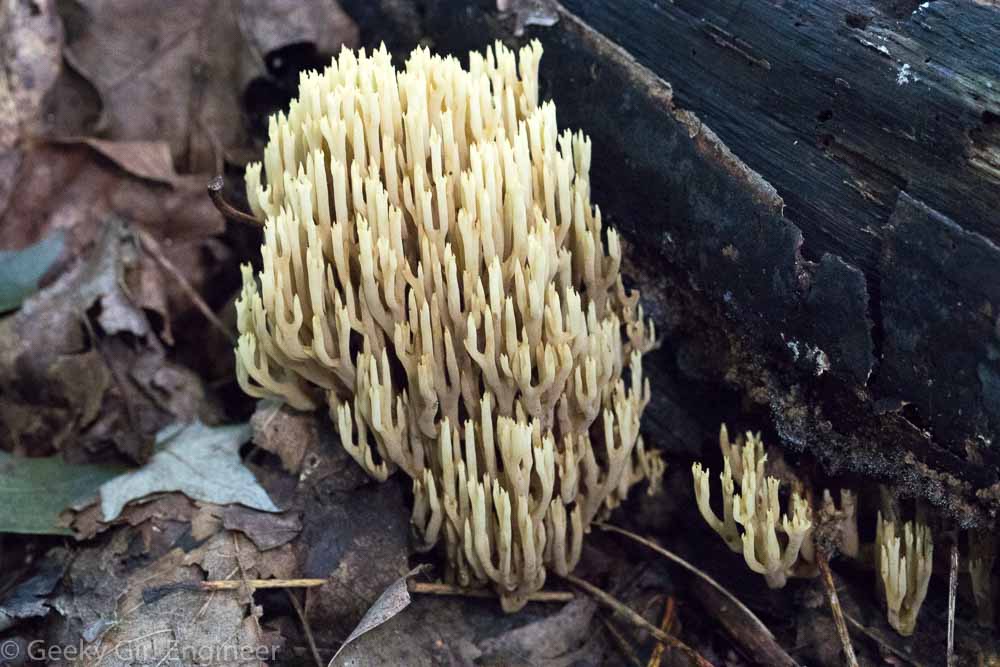
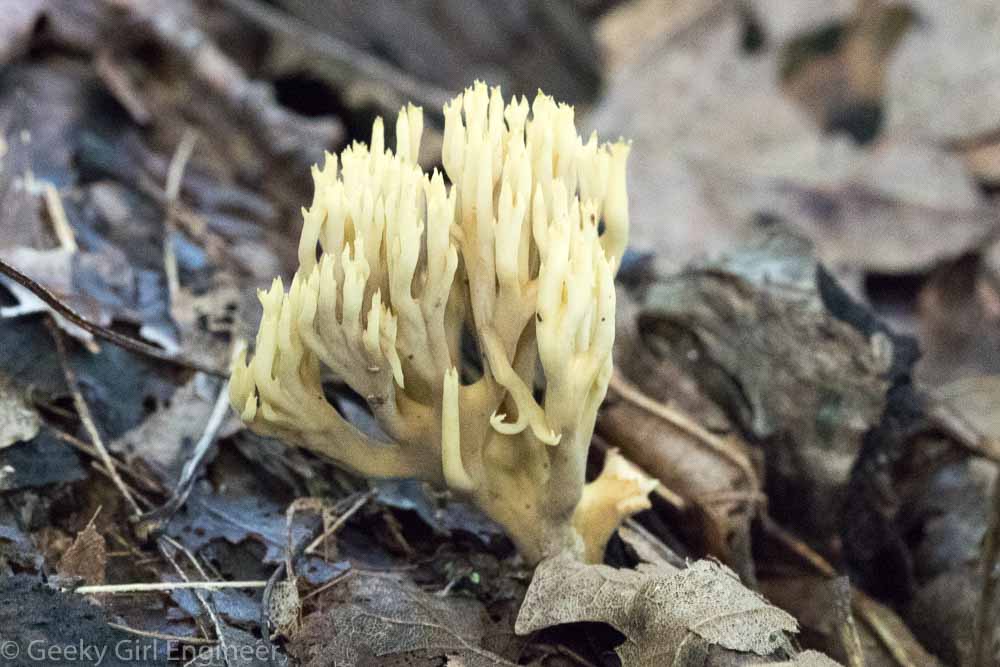
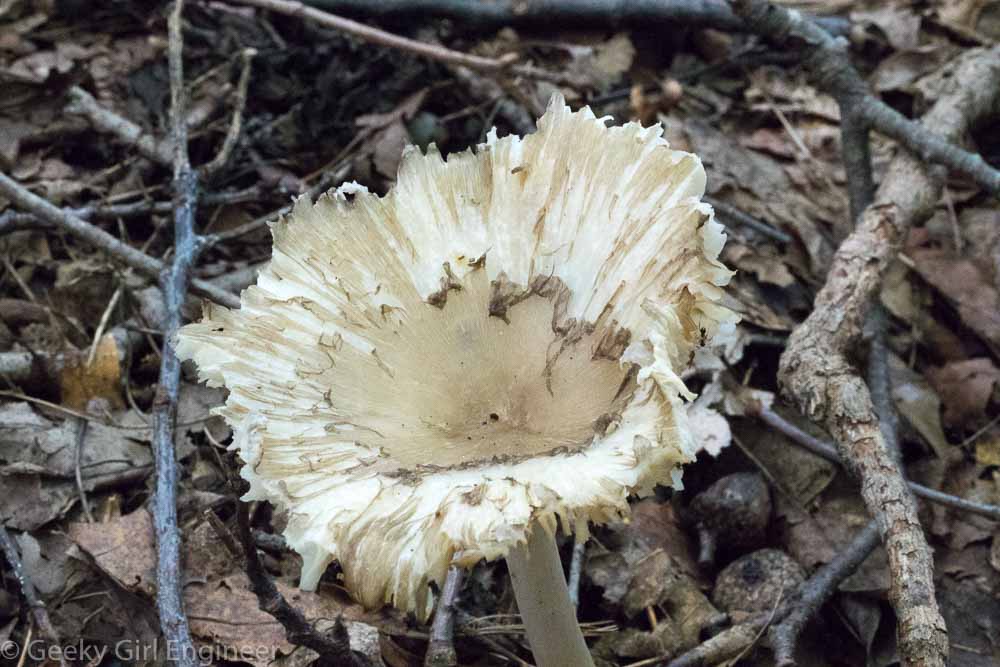
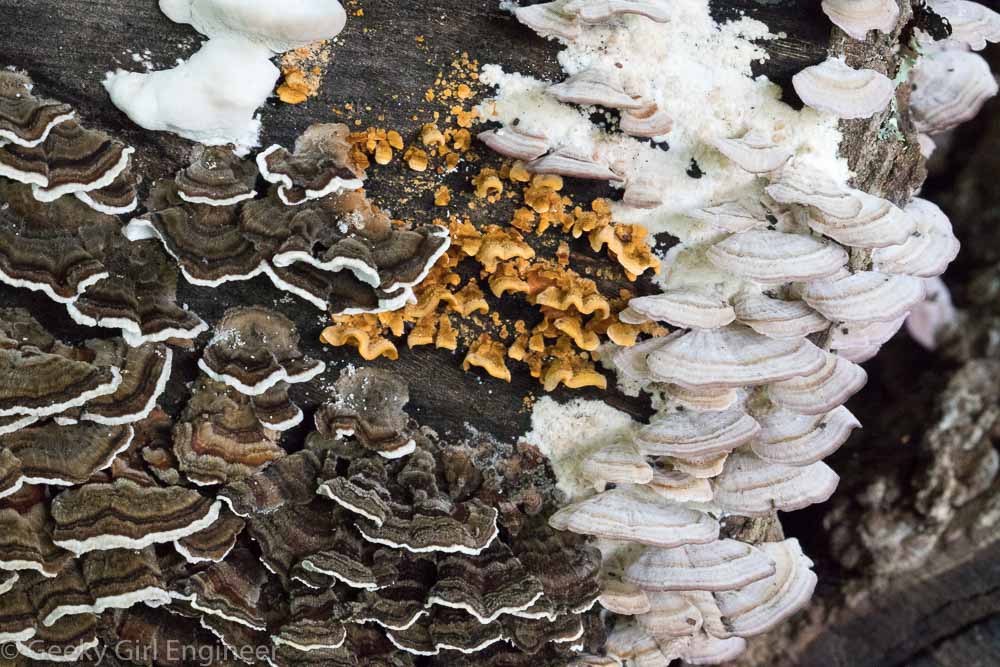
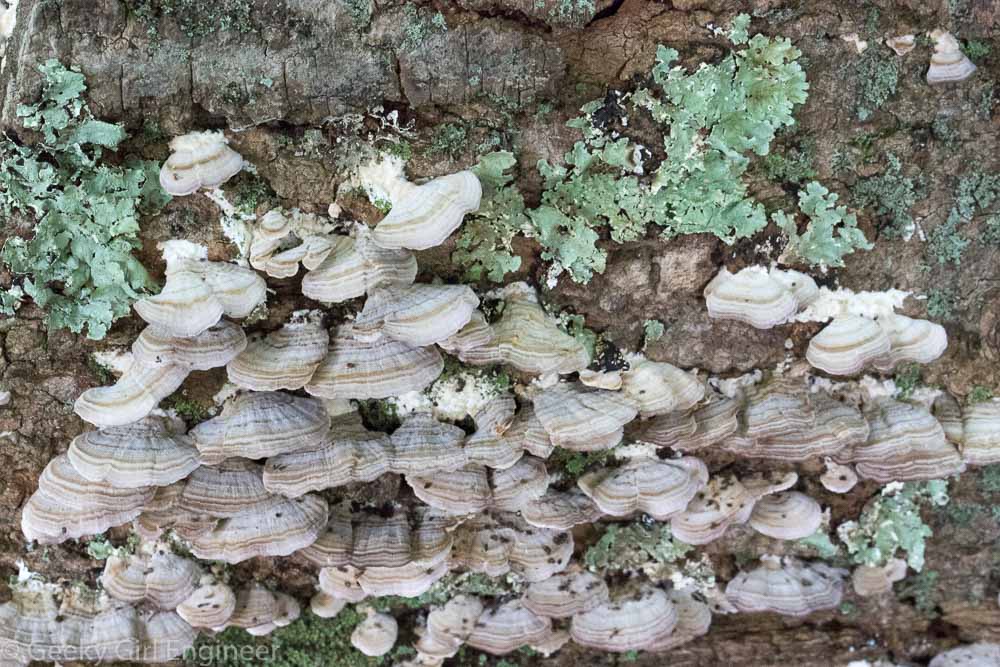
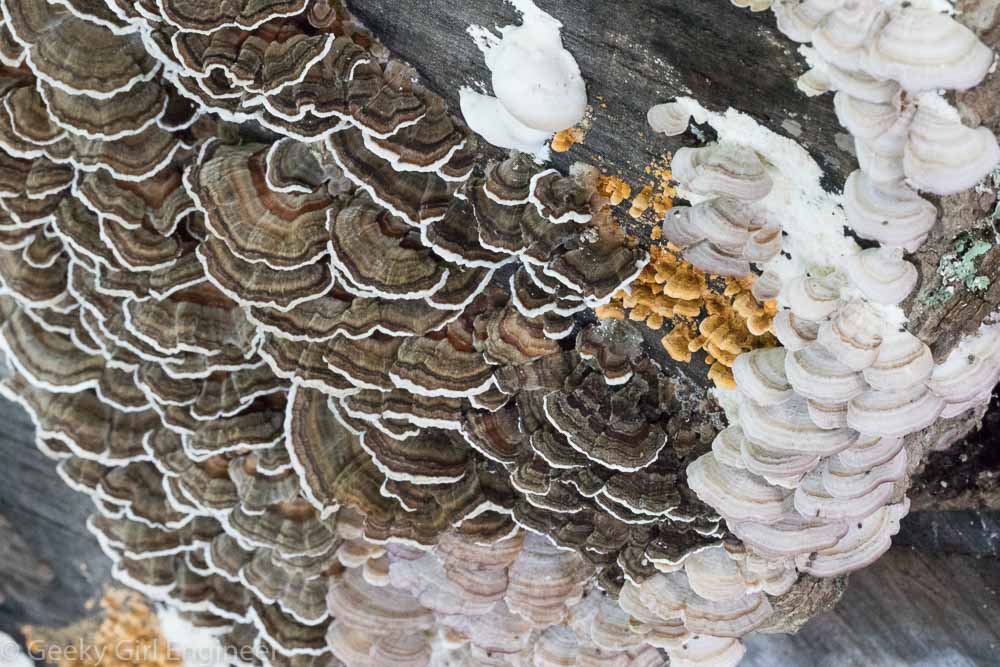
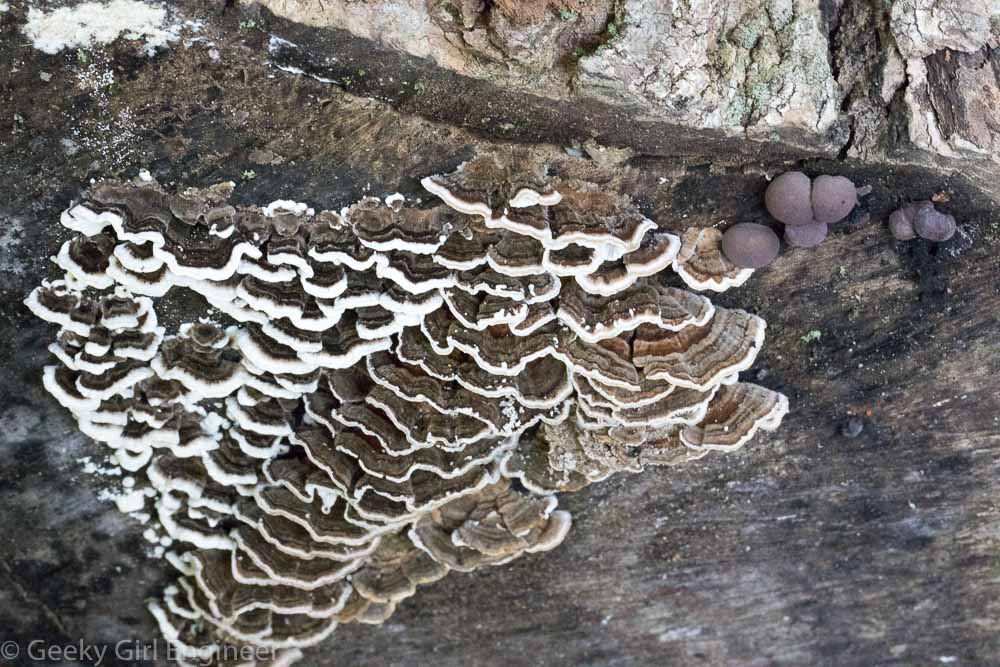
Providence, Rhode Island
When I travel to a new city, I like to just wander around taking photos. I am in Providence, so that is what I did. Providence is like a lot of old U.S. cities with old historic buildings mixed in with new buildings. I like old cities that preserve at least some of those old buildings. Providence has done that. It also has lots of river walk type areas, which makes for pleasant wandering.
Rhode Island State Capitol
I visited the Rhode Island State Capitol today. One of my many travel goals is to visit all the state capitols. Like most states, Rhode Island has a lovely state capitol. I learned quite a bit on the tour I took. First trivia I learned is the official name of Rhode Island is actually the State of Rhode Island and Providence Plantations. Tiny state. Big name. Second thing I learned was that the present capitol was finished in 1904. There were several state houses before that, and for some time, the state legislature had no house and met sometimes in people’s houses. I can’t imagine having the entire house of representatives meet in an actual person’s house.
I digress. The capitol is beautiful and for the most part what you expect. It has the 5th largest marble dome in the world. [More trivia for you.] Lots of marble, brass, and painting. Not the fanciest one I have seen. It has lots of anchors to compete with Massachusetts’s fish everywhere. However, Rhode Island definitely wins bonus points for the motto in the women’s restroom. Photo below. I have no idea what is in the men’s restroom.
Finally see my next post. They have a cannon from Gettysburg at the entrance, and there is a really great story about it. So great, I am going to give it its own post.
MTA’s Jamaica Yards
I took another tour with the New York Transit Museum today. This one was of Jamaica Yards in Queens, where maintenance is performed on subway cars. I love touring these yards. Jamaica Yards was different then some of the other ones I have toured in that it has a bit more space. Not a lot, but at least a little more. Every time I go on one of these tours I learn and retain just a little more.
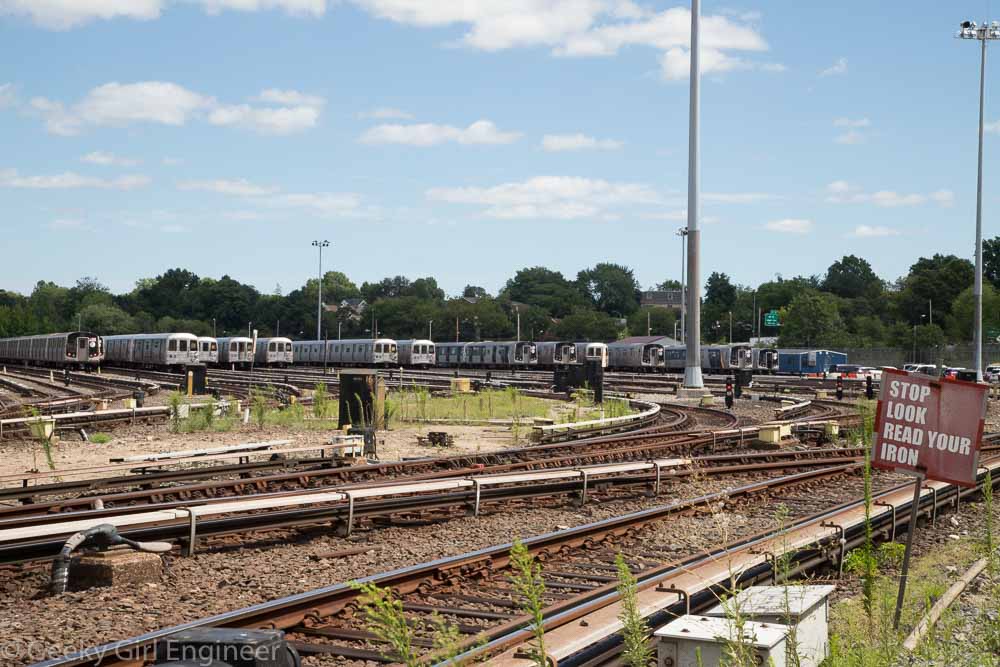
Jamaica Yards. “Stop look read your iron” is a warning to drivers to be alert where they are going. “Iron” refers to the rail.
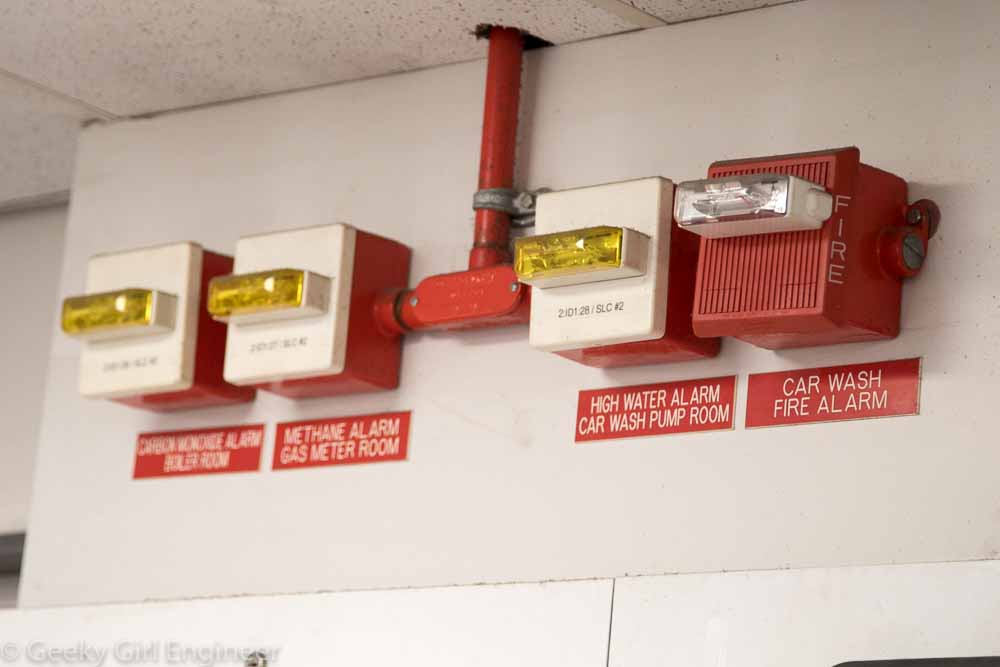
Of course I am going to be interested int the safety measures. These lights read: Carbon monoxide alarm boiler room, methane alarm gas meter room, high water alarm car wash pump room, and car wash fire alarm.
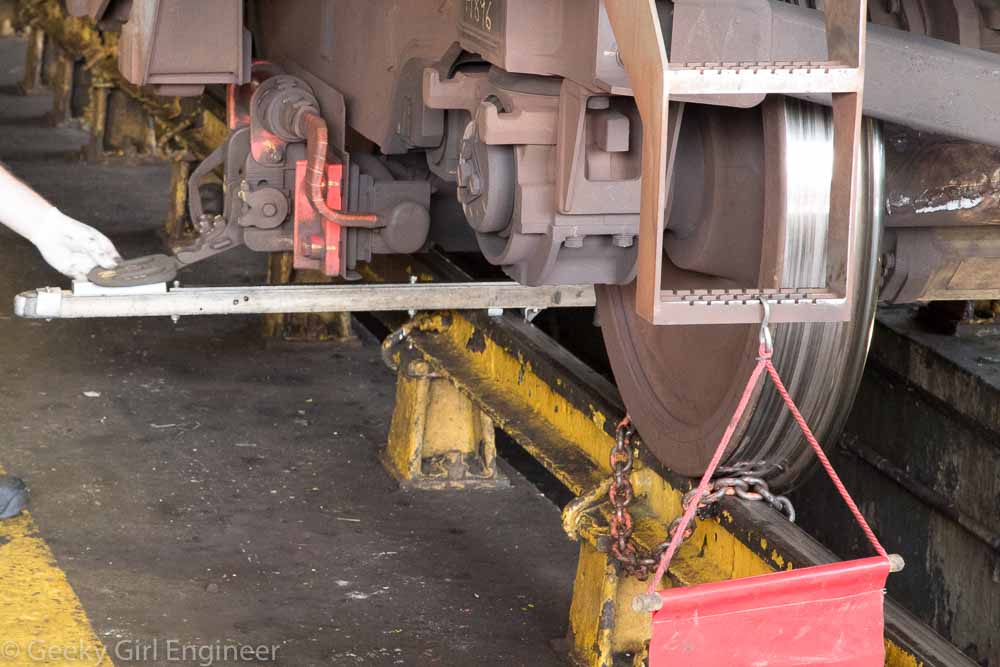
One of the workers shows us how they test that the shoe, which contacts the third rail, is at the right height
Hudson River Valley by Train
I just got back from a very short trip to Albany, but the main reason I went to Albany was for the train ride up there. Amtrak has several train routes that go from New York City to Albany. I have taken two of these routes before, and I just love the view. I spend almost the entire time staring out the window at the gorgeous Hudson River, which can be seen during the vast majority of the ride. Below are a few photos I took on the route. The first six were taken on the train ride up to Albany as a storm was passing through and the sun was setting. The last three were taken on the way back down to New York City.
Albany, New York
I am visiting Albany for the day, and I spent the day wandering around downtown after I visited the state capitol. The area around the Capitol, Empire Plaza, was built during Governor Nelson Rockefeller’s term, and he evidently micromanaged the design. It is very modern architecture, and it is in complete contrast to the Capitol. The Empire Plaza is fun to photograph because of all the interesting lines of the buildings. The four identical Agency Towers provide repetitive vertical lines, but then The Egg is a weird curved structure. The Corning Tower in the Empire Plaza is the tallest building in the city and has an observation floor, which has outstanding views of the area. Away from the Empire Plaza, the rest of downtown Albany is a mix of historic buildings and some modern buildings. Also, Albany is right on the Hudson River, and a park on the river has nice views of the river.
New York State Capitol
I spent the day wandering around Albany today, and I started the day off with a tour of the Capitol. The New York Capitol is gorgeous. According to the tour guide, it was way over budget and way behind schedule when then Governor Teddy Roosevelt finally said, it’s done, no more. The guide pointed out some stone that was never carved because of that. The stone work is amazing none the less. There are numerous different stones used, and it is all exquisite.
From the outside, the building is beautiful, even without the domed tower it was supposed to have. I lost count of how many different architects the building had, but the style of the building is different in various areas because of that.
The Senate Chamber is gorgeous with gold paneling and beautiful marble tiles on the walls. My favorite part of it is that the chamber has two fireplaces that haven’t been used in decades since the building got central heat and air. Because of the acoustics in the chamber, it is hard to have a private conversation, so the two fireplaces are called “whispering fireplaces” where senators can have private conversation. They even keep folding chairs in the fireplaces for this activity. I find this hilarious. Even better, I noticed a fire extinguisher next to one of the fireplaces. Is it for heated political arguments?
The Assembly Chamber is not as exquisite as the Senate Chamber, but it is pretty also. According to the guide, the current ceiling in the room is the third one. The first one kept cracking and falling apart to the degree that large stones fell onto the ground. Then the second version was mainly papier-mache and wood. It was supposed to be solid wood, but such bad, vague specifications were written into the contract that the builder substituted papier-mache. At some point after this when the legislatures discovered this they sued, but they lost in court because the specifications were so bad. There is a lesson to be learned there. The paper-mache ended up saving the room during a fire in 1911. This is now the third ceiling, (I wasn’t clear on this) built after the fire.
The hallways and the staircases are some of the most beautiful areas of the building. The Great Western staircase is so beautiful that my photos cannot do it justice.
Jamestown Artifacts
My tour of Jamestown included a behind the scenes tour of the vault, where they keep many of the archeological finds and the laboratory where they process the finds. In the lab, our guide showed us how where they clean and dry the samples. She also explained how all the finds are identified and coded. My favorite part was her describing how they identify, collect, and store all artifacts found at the site, including potato chip bags, CDs, and USB drives. I suppose technically CDs are becoming historical objects.
The vault contains wonderful artifacts, and they are very clear to explain that the artifacts all represent historical trash. Essentially everything they have was found in a historical Jamestown trash hole. Many of the trash holes were water wells that became contaminated with salt water, so they just threw their trash in it for archeologists to dig up and treasure hundreds of years later. [Consider that next time you litter.] They have collected lots of bones from various wild and domesticated animals, pottery, glass, and metal objects. They have many old building material artifacts also. The collection is just amazing. What is even more amazing is what people throw away. Some things never change.

